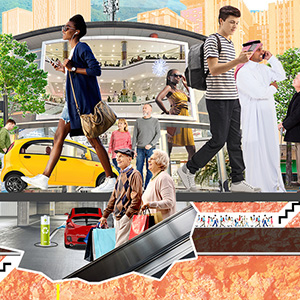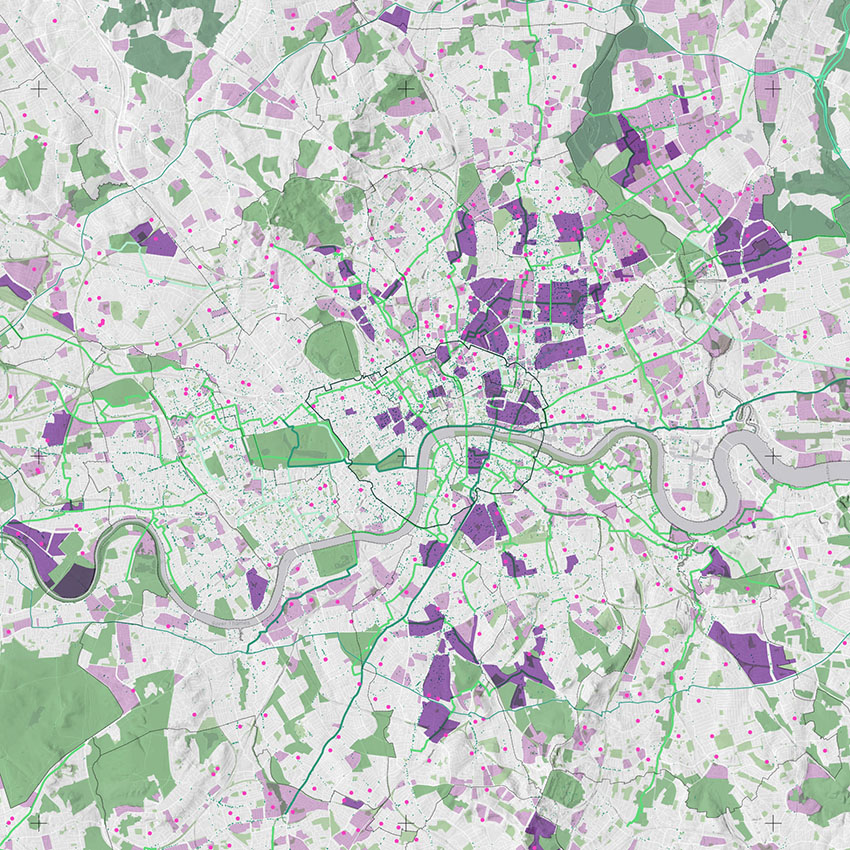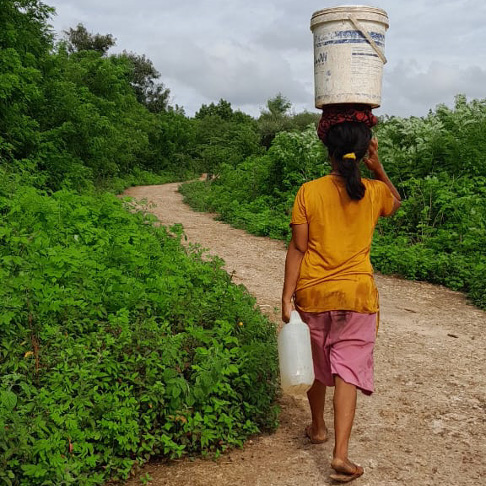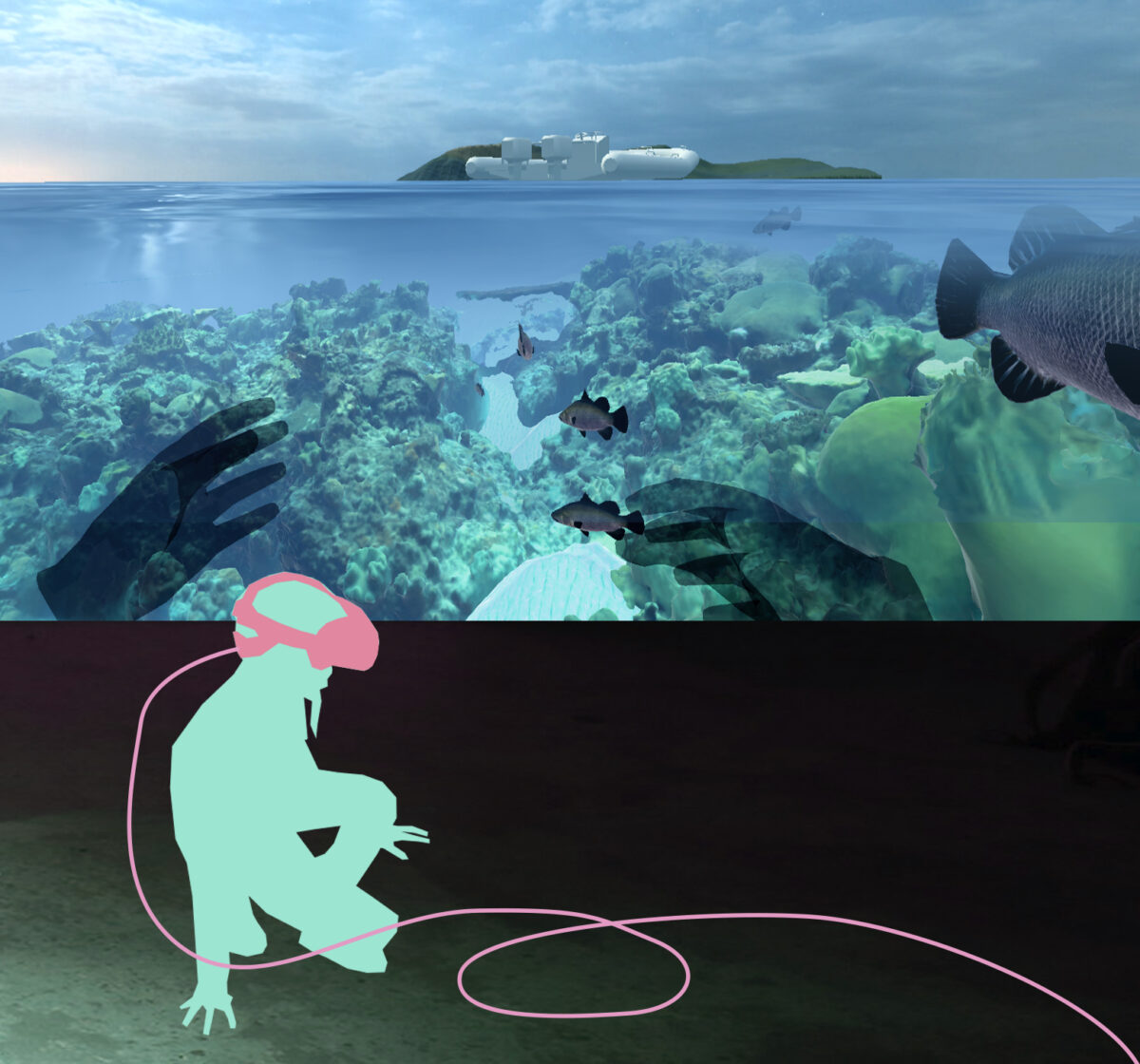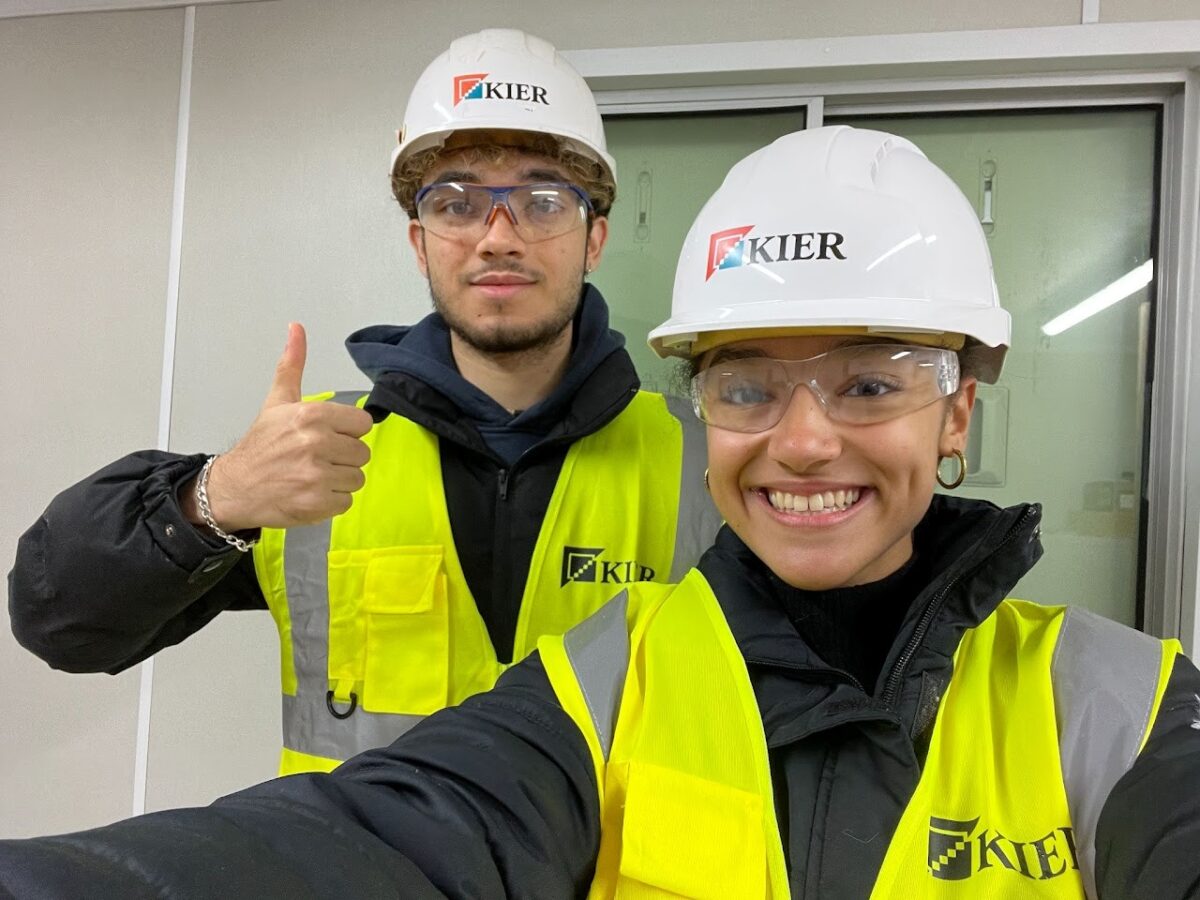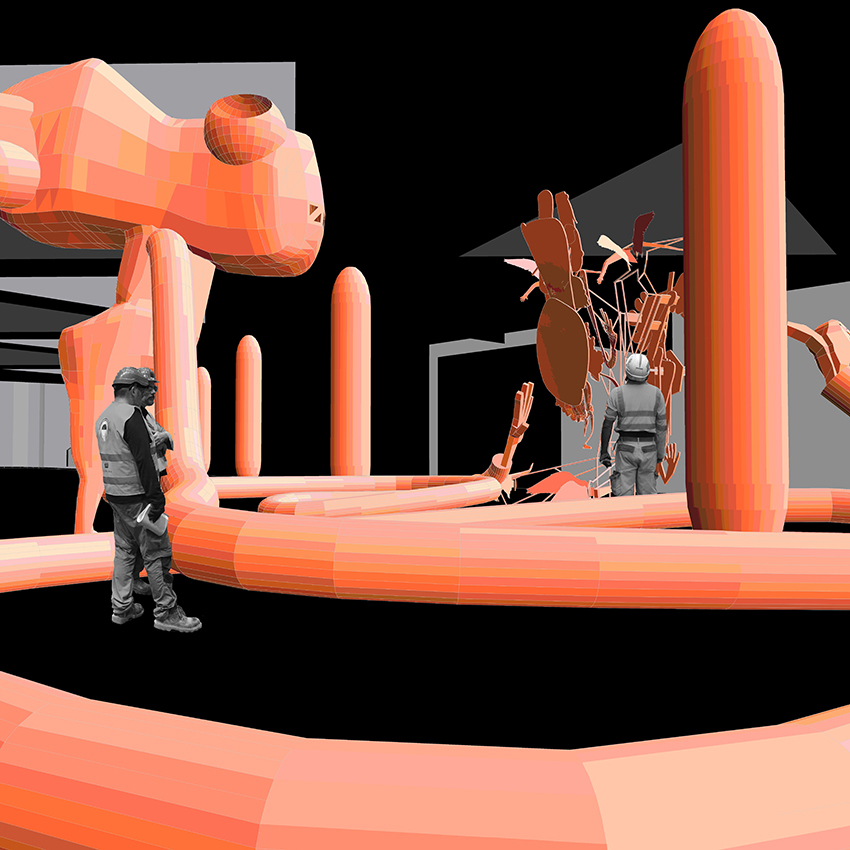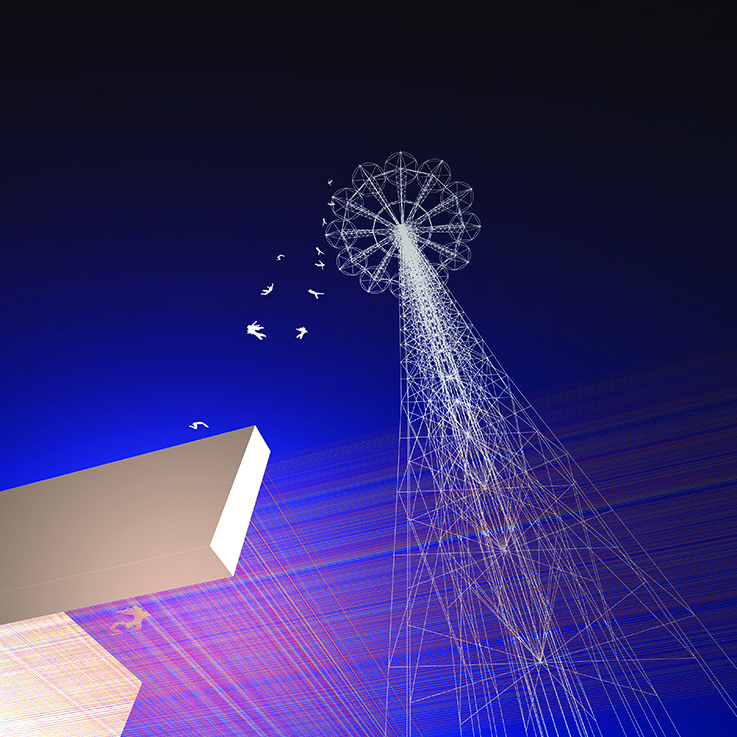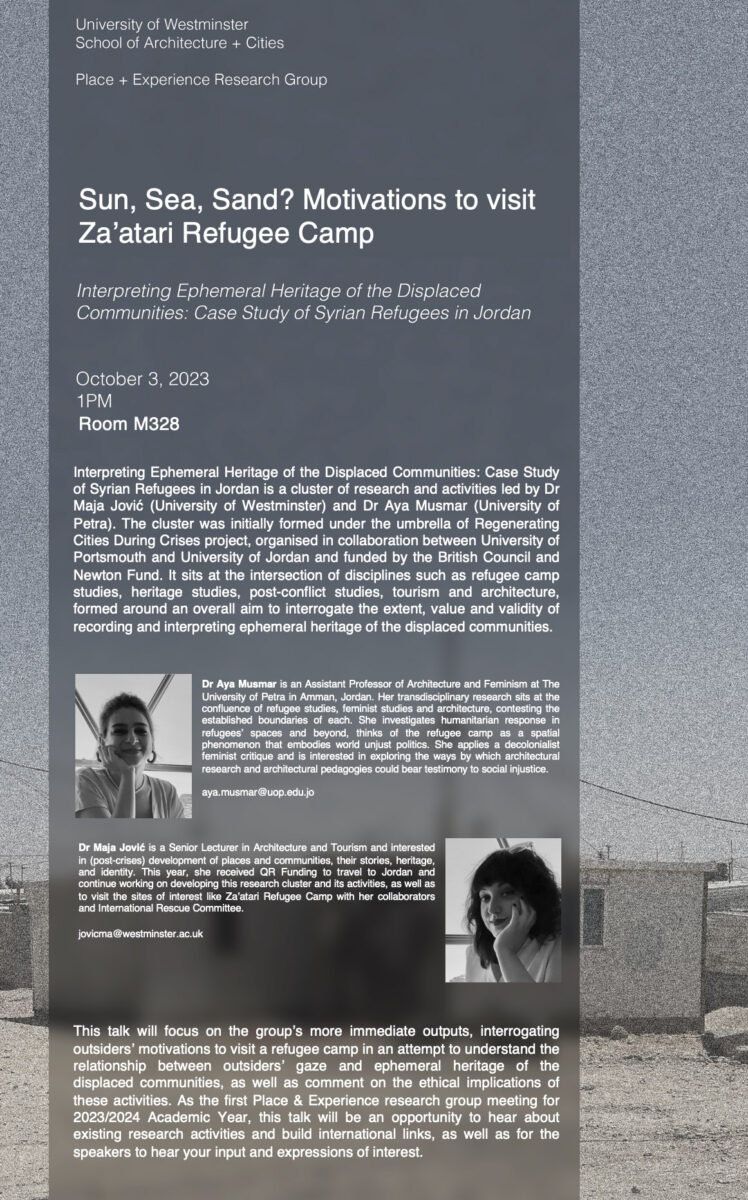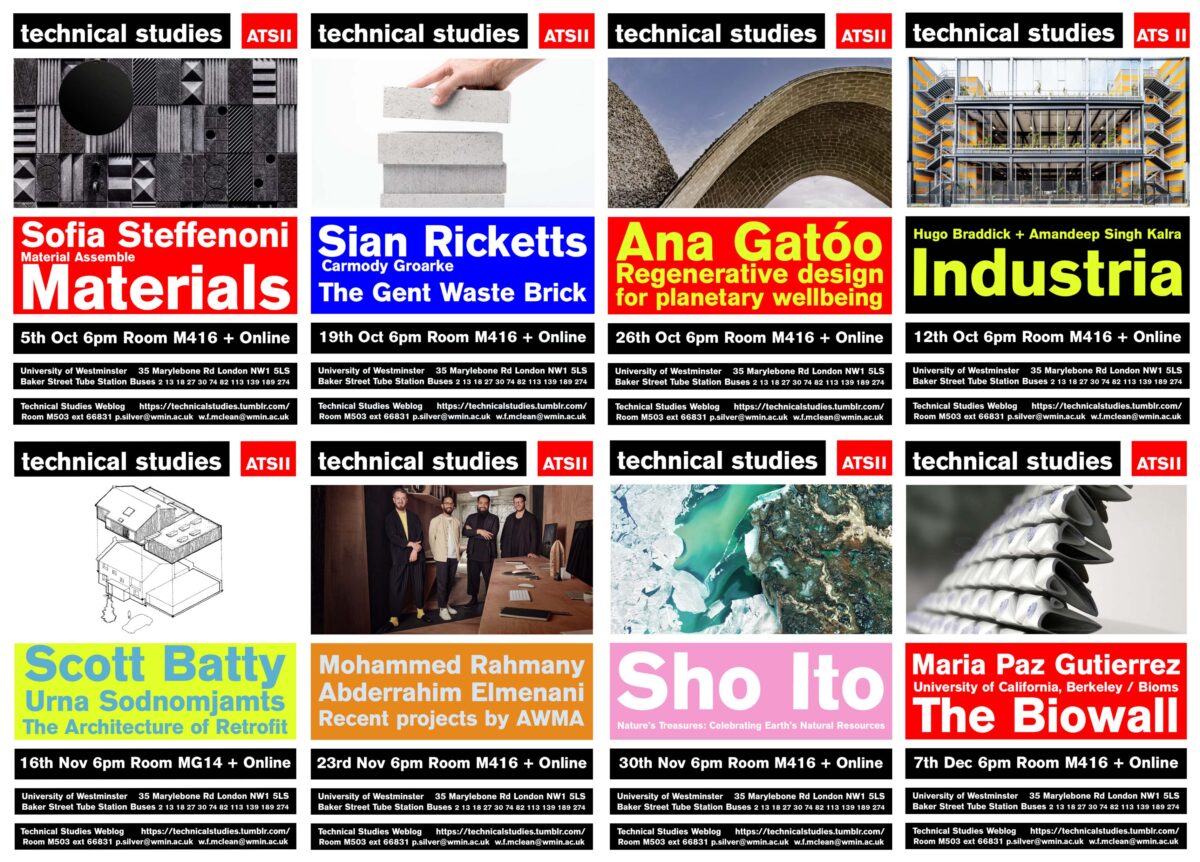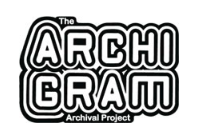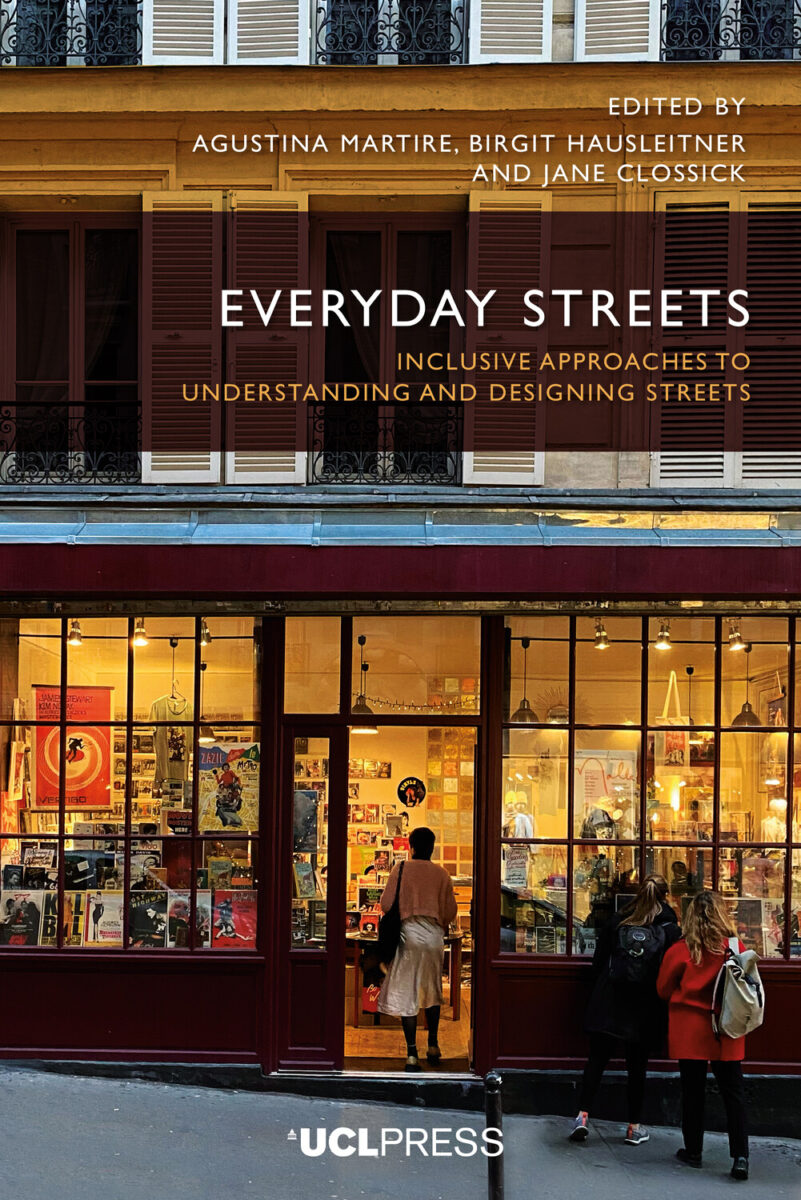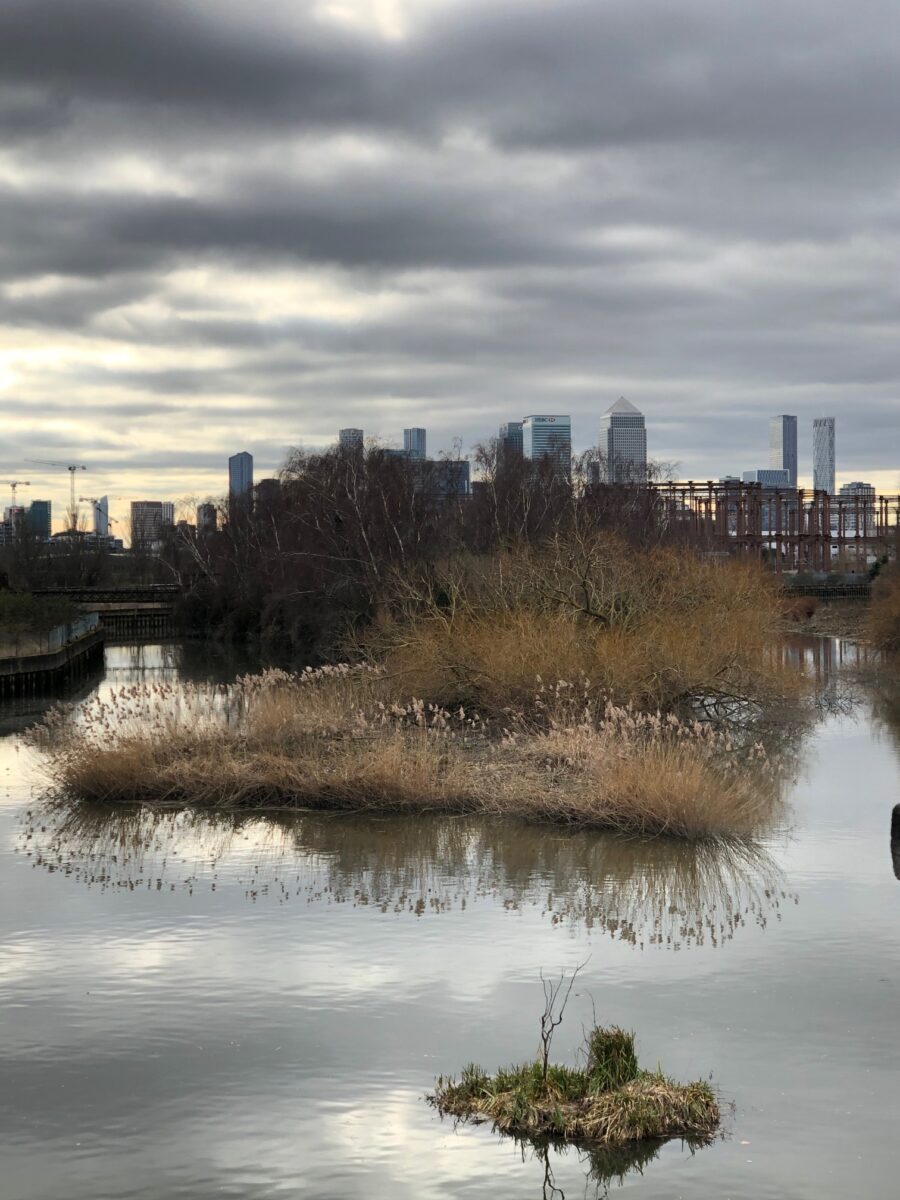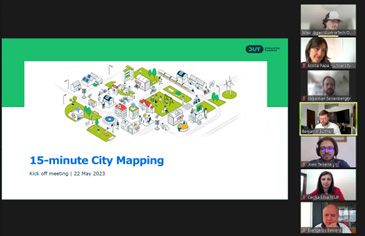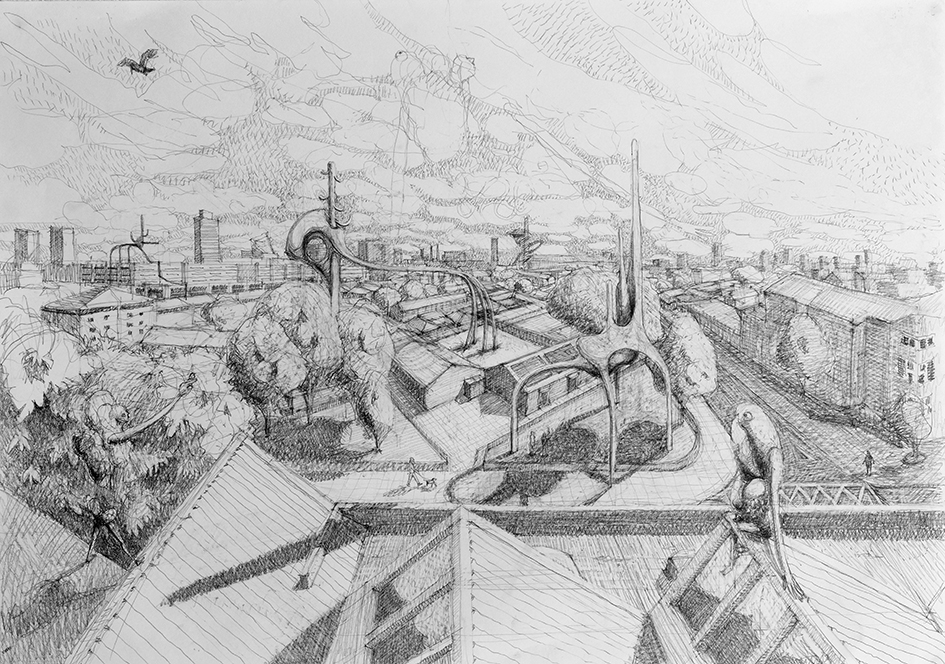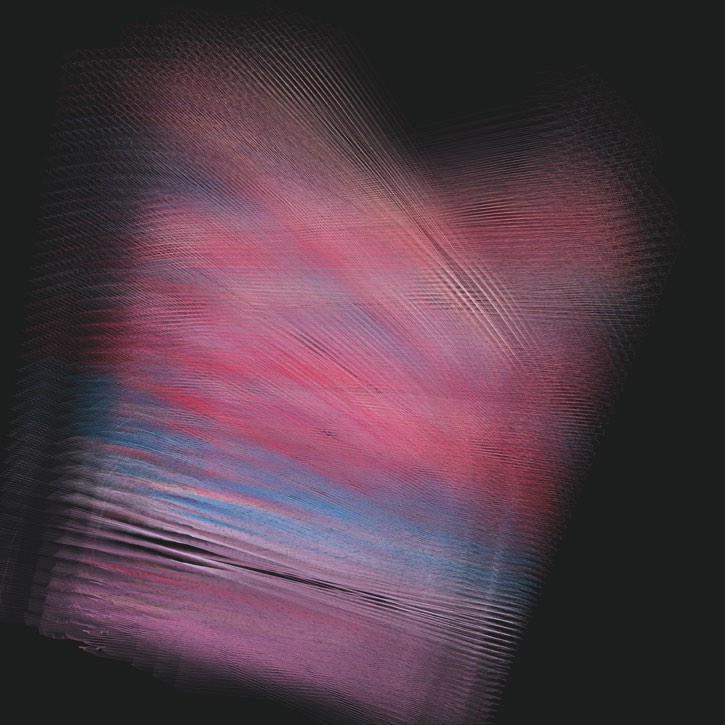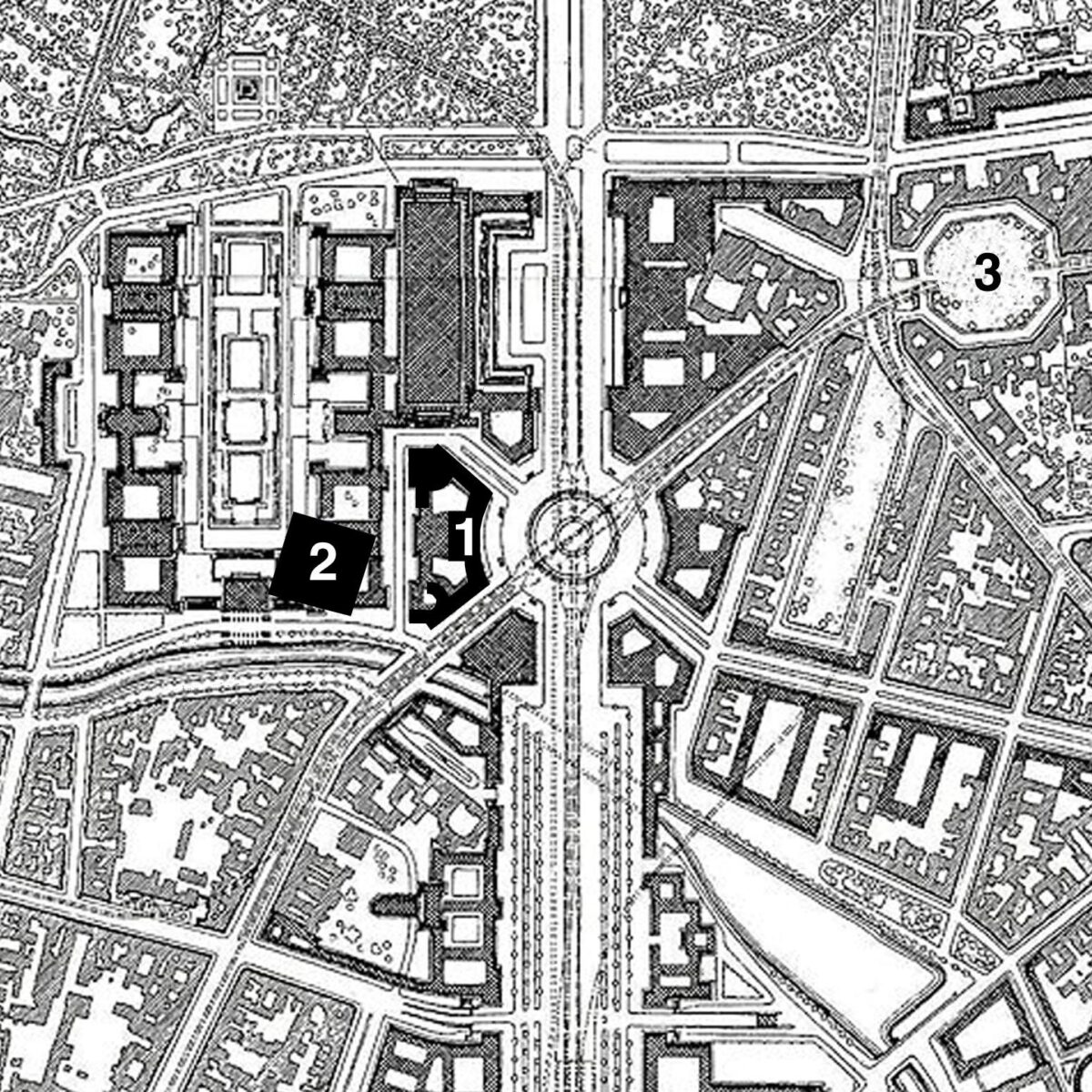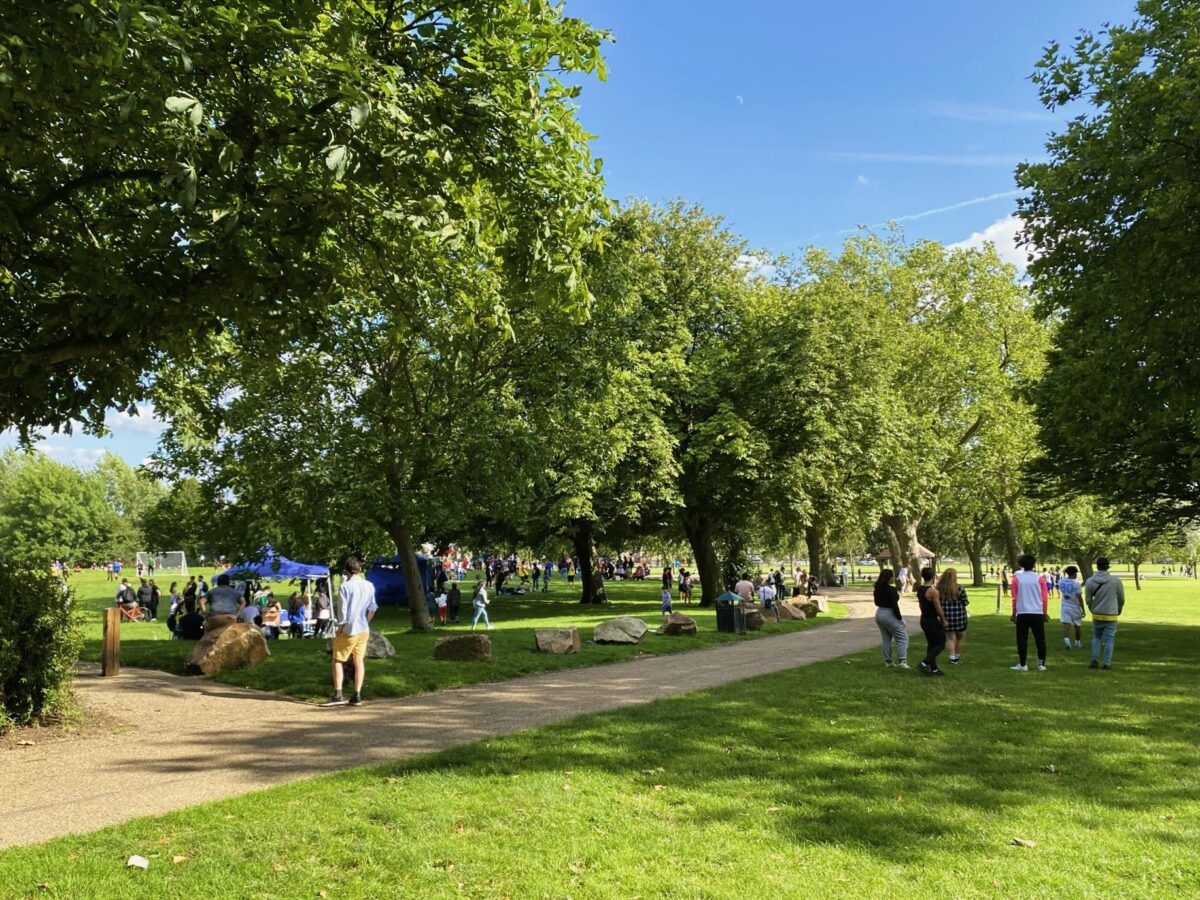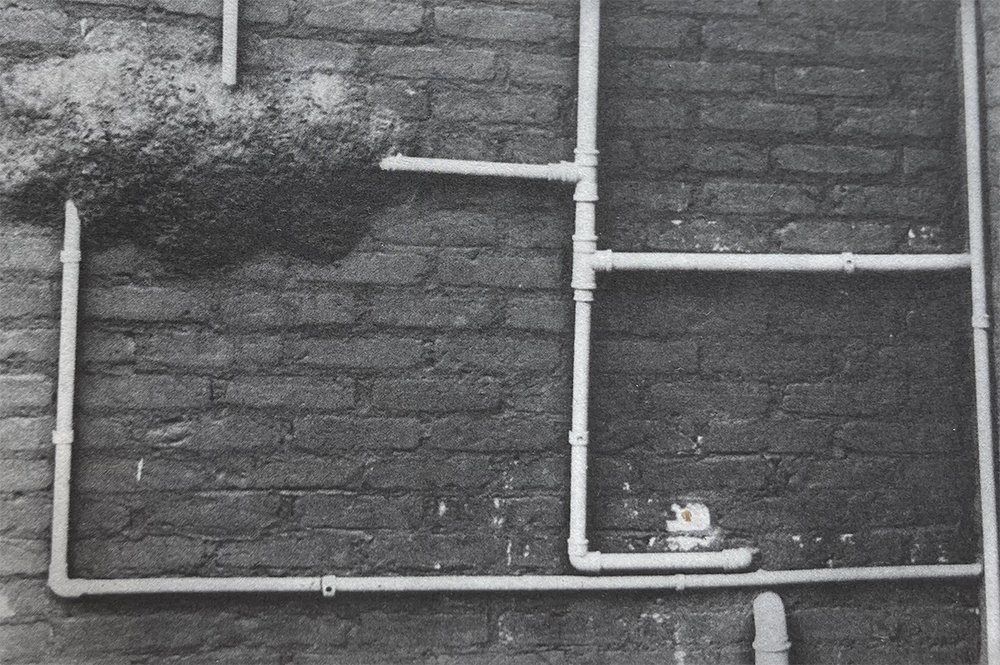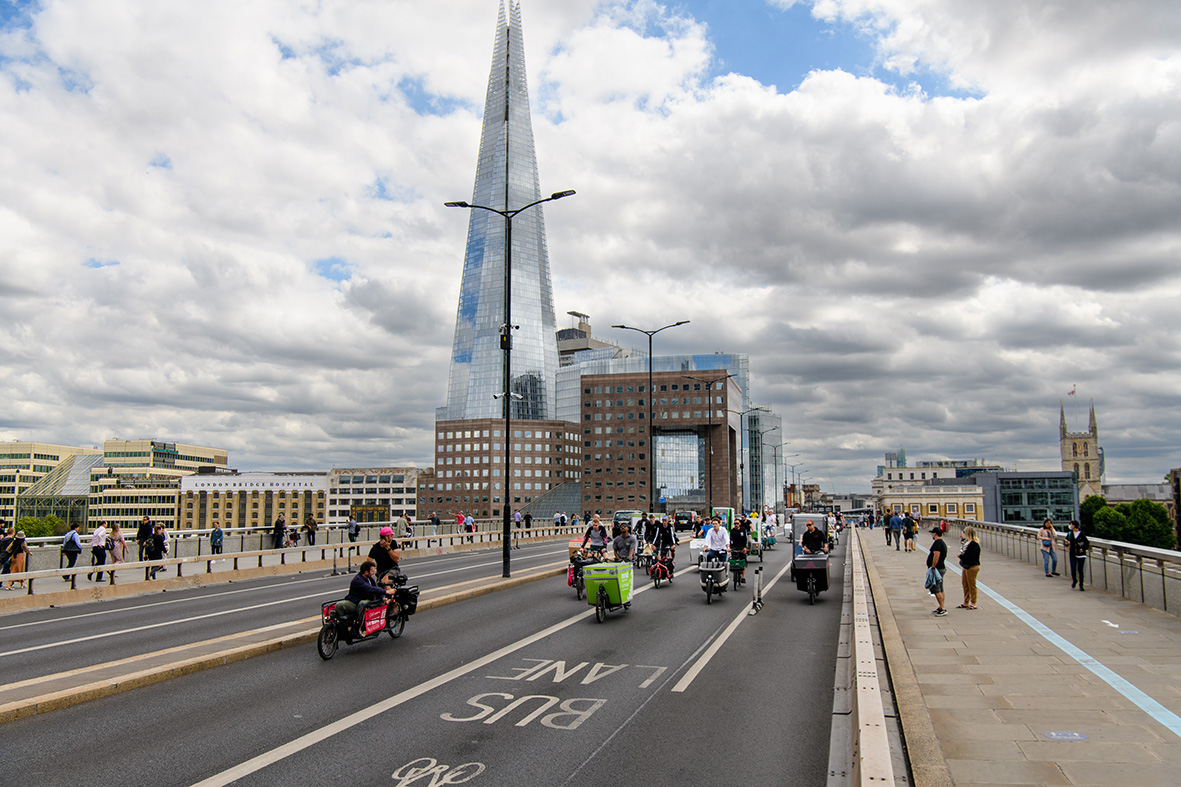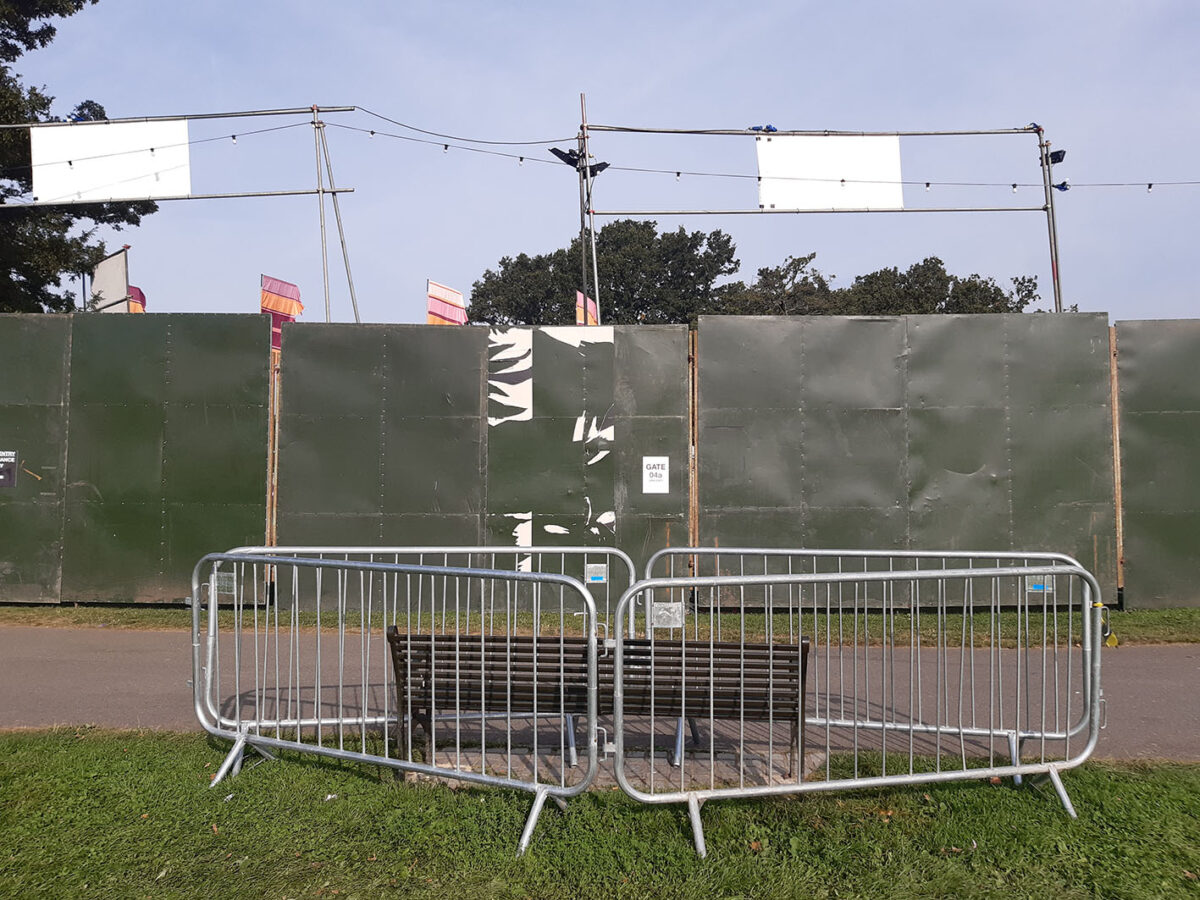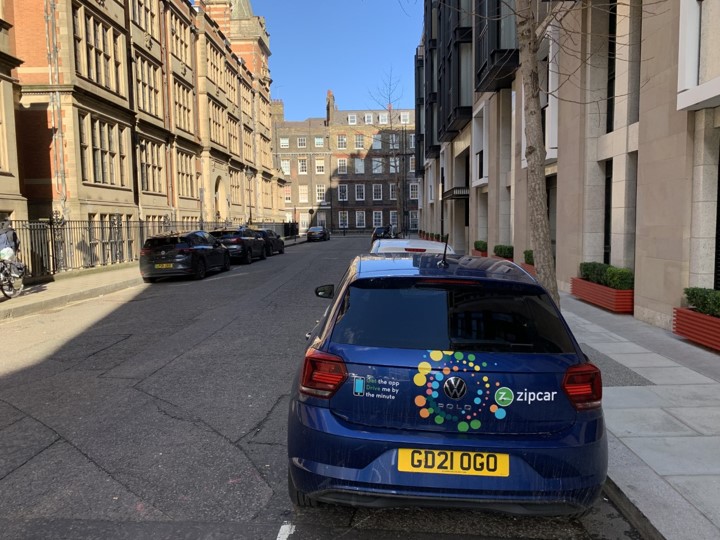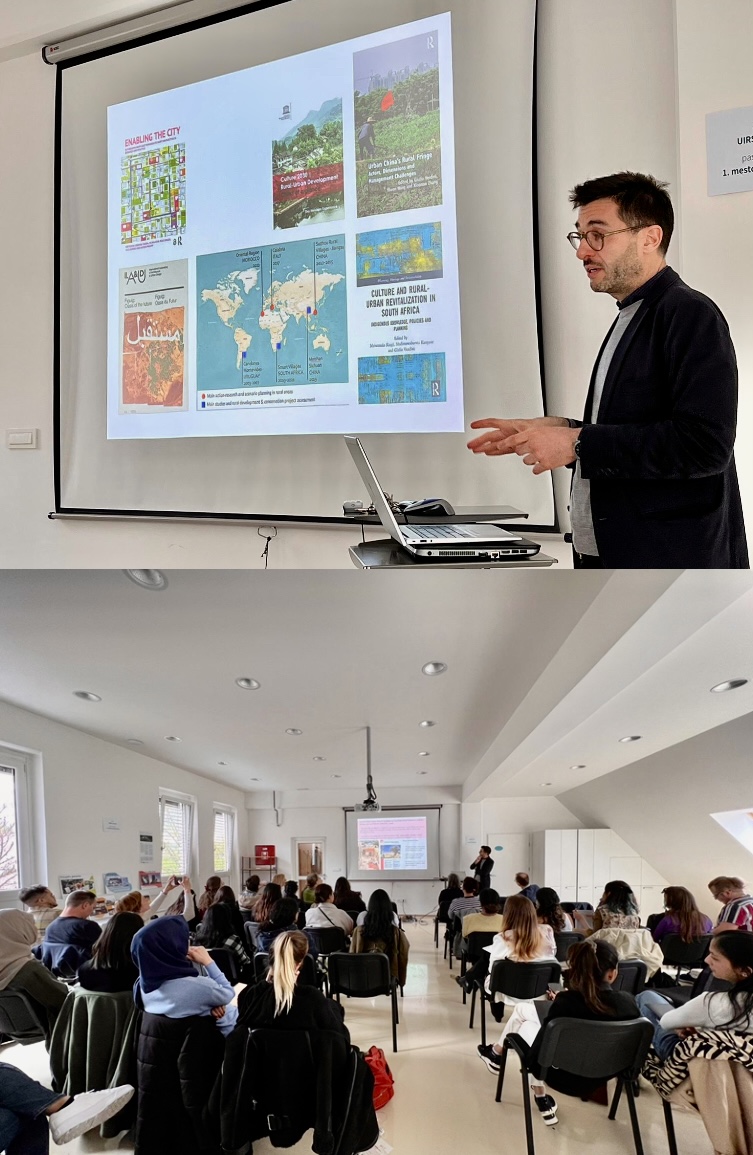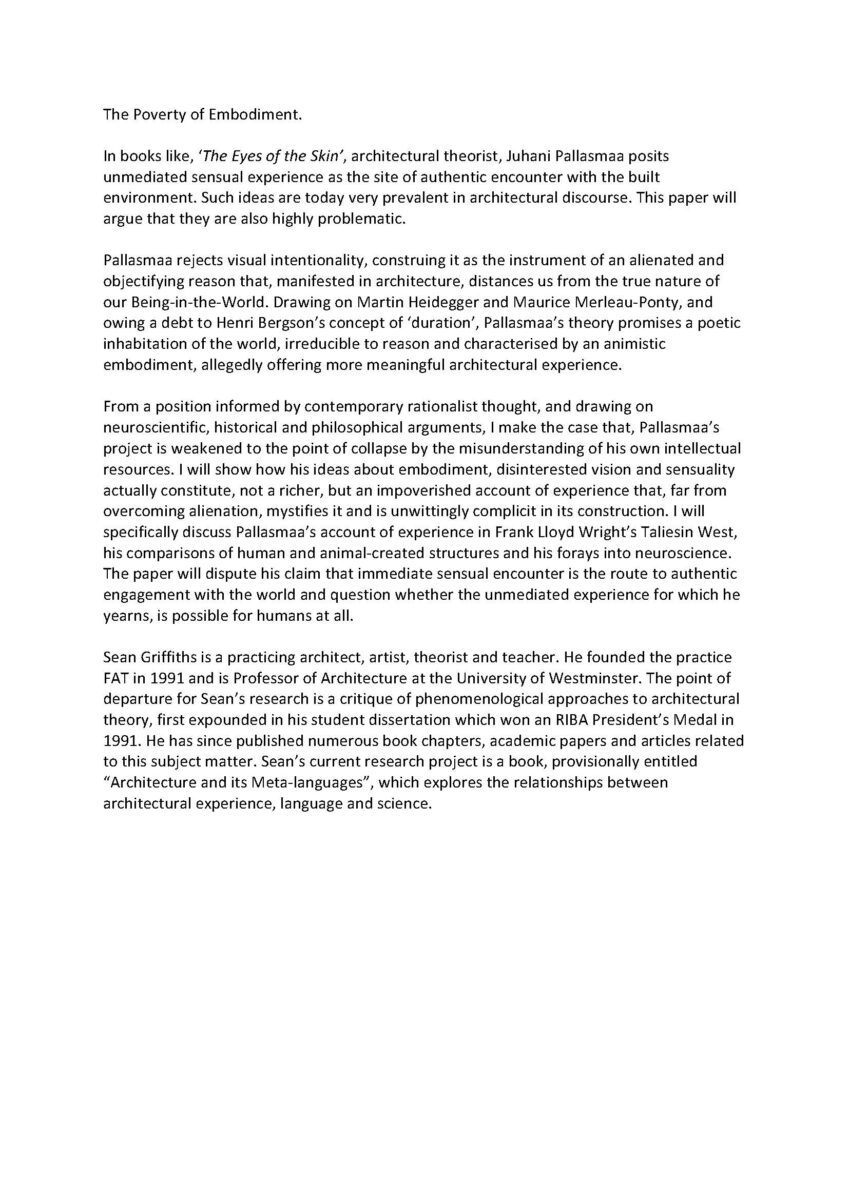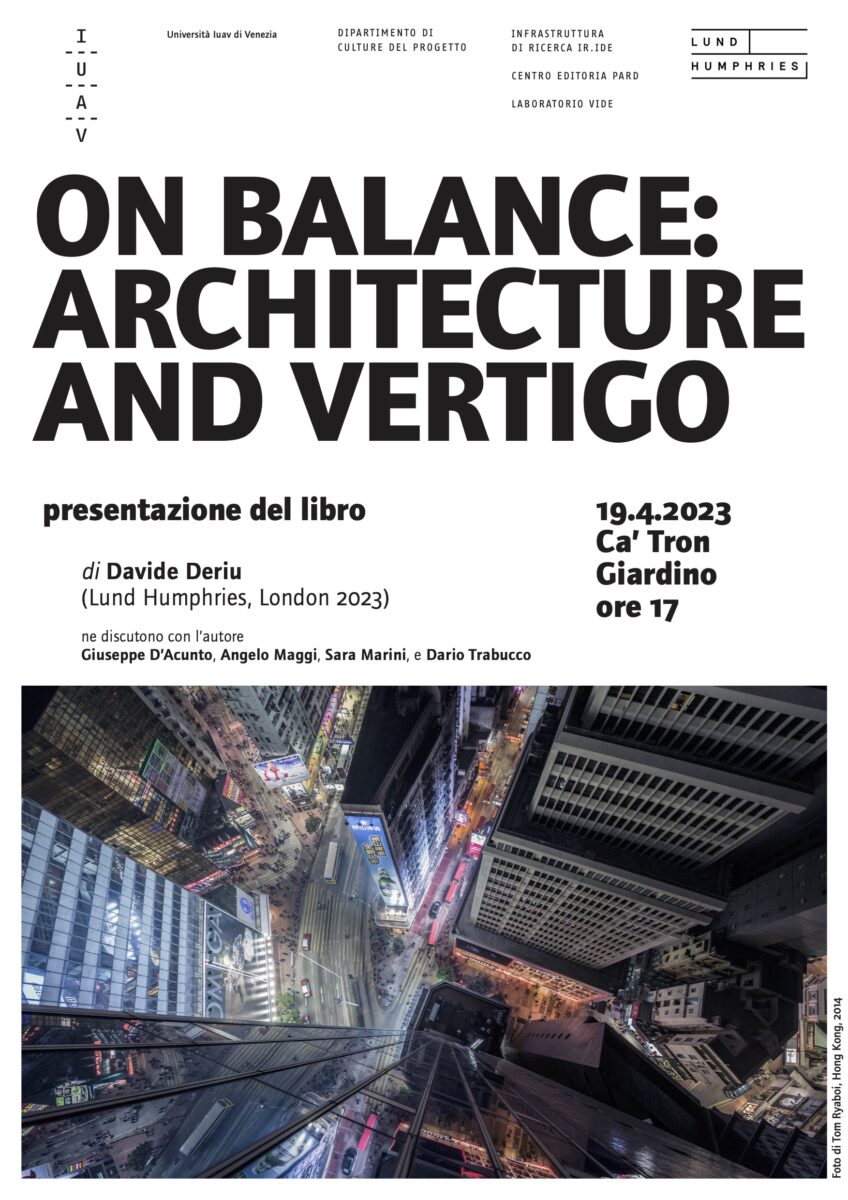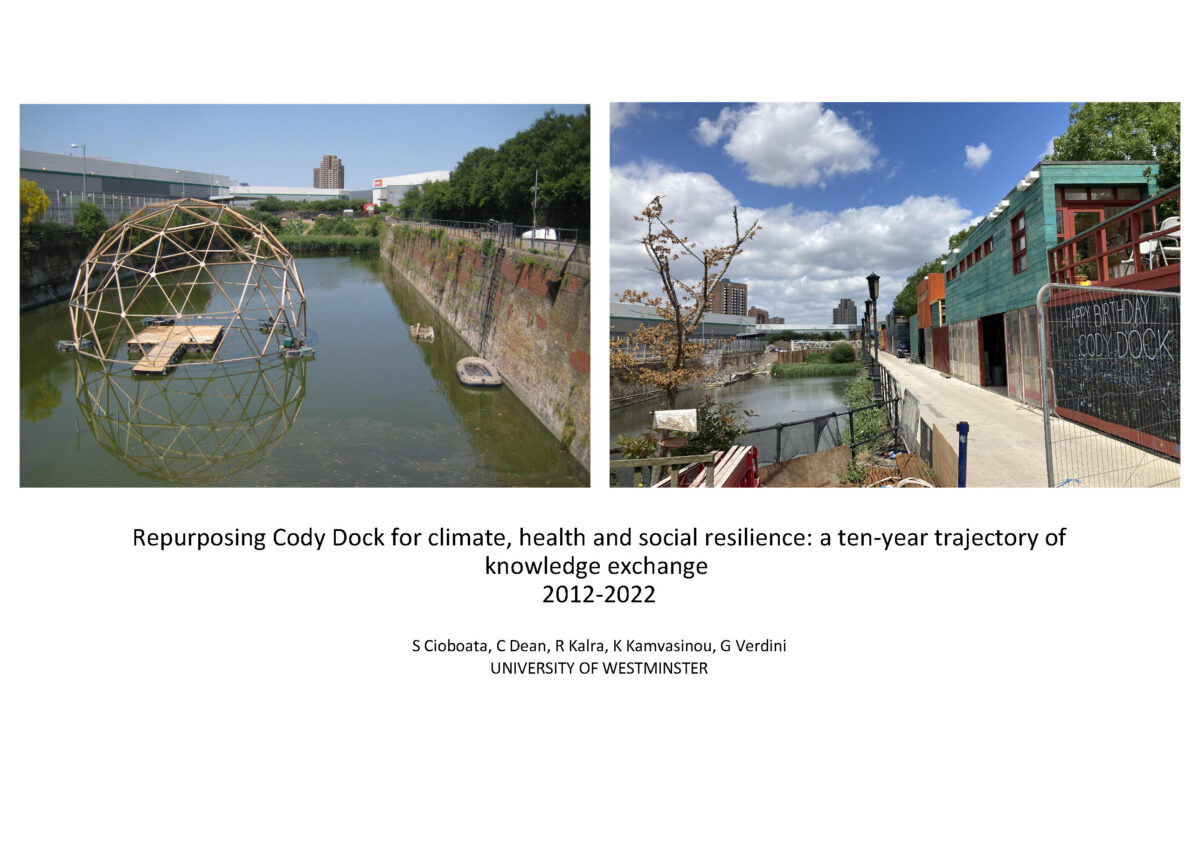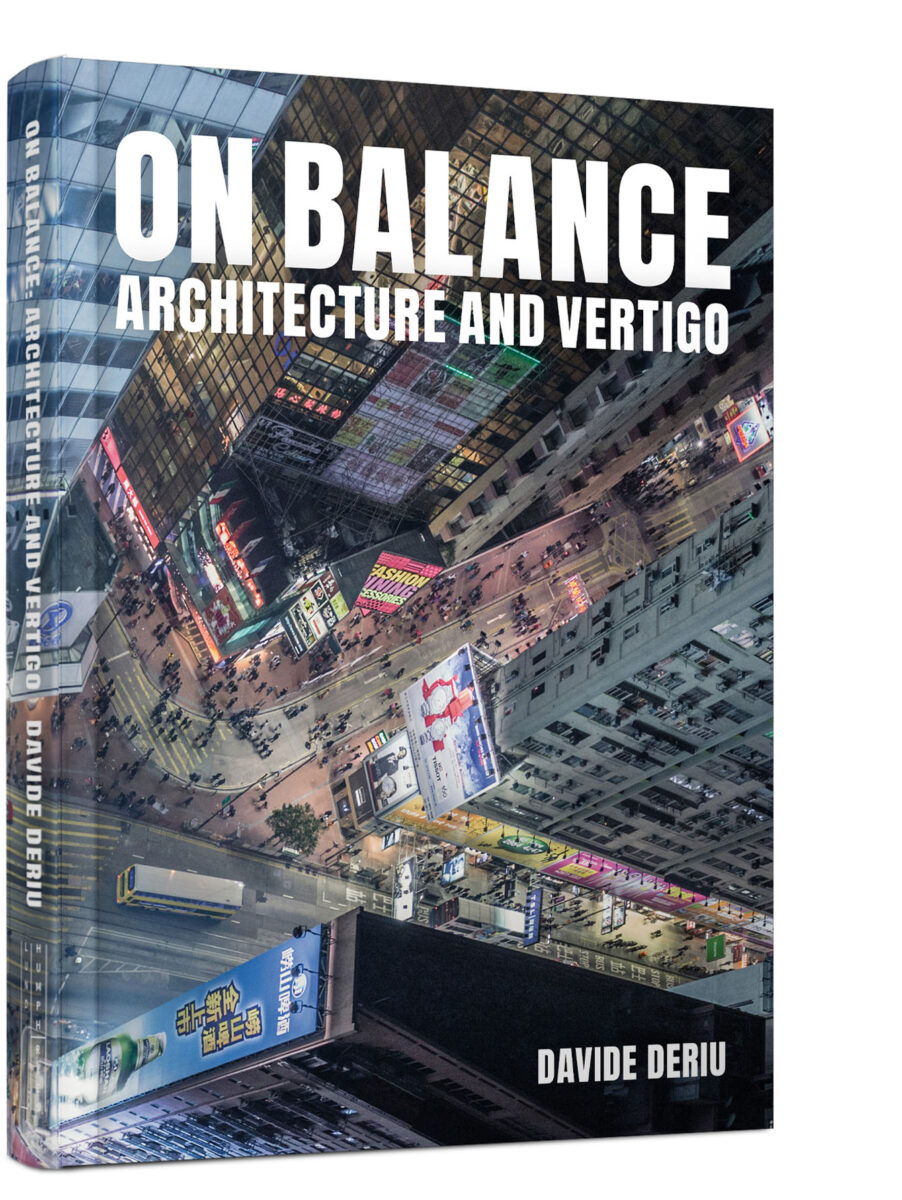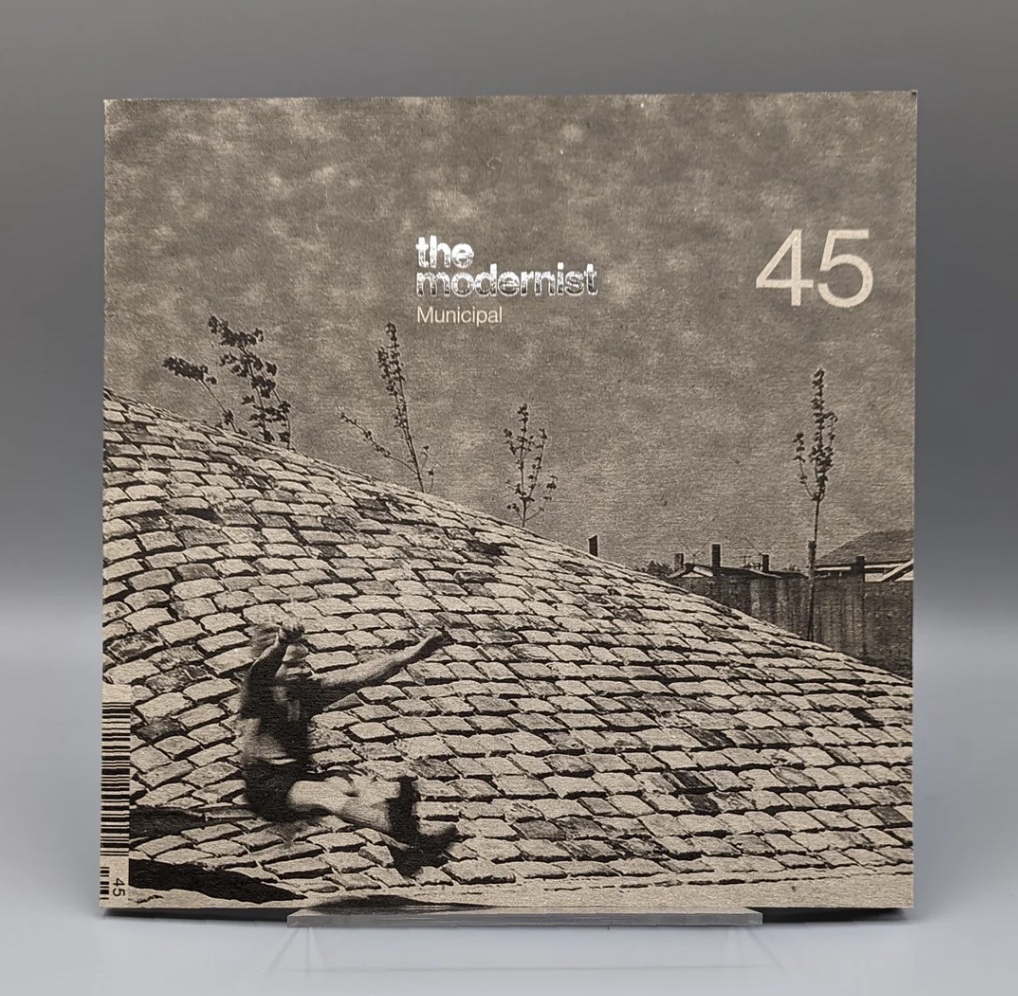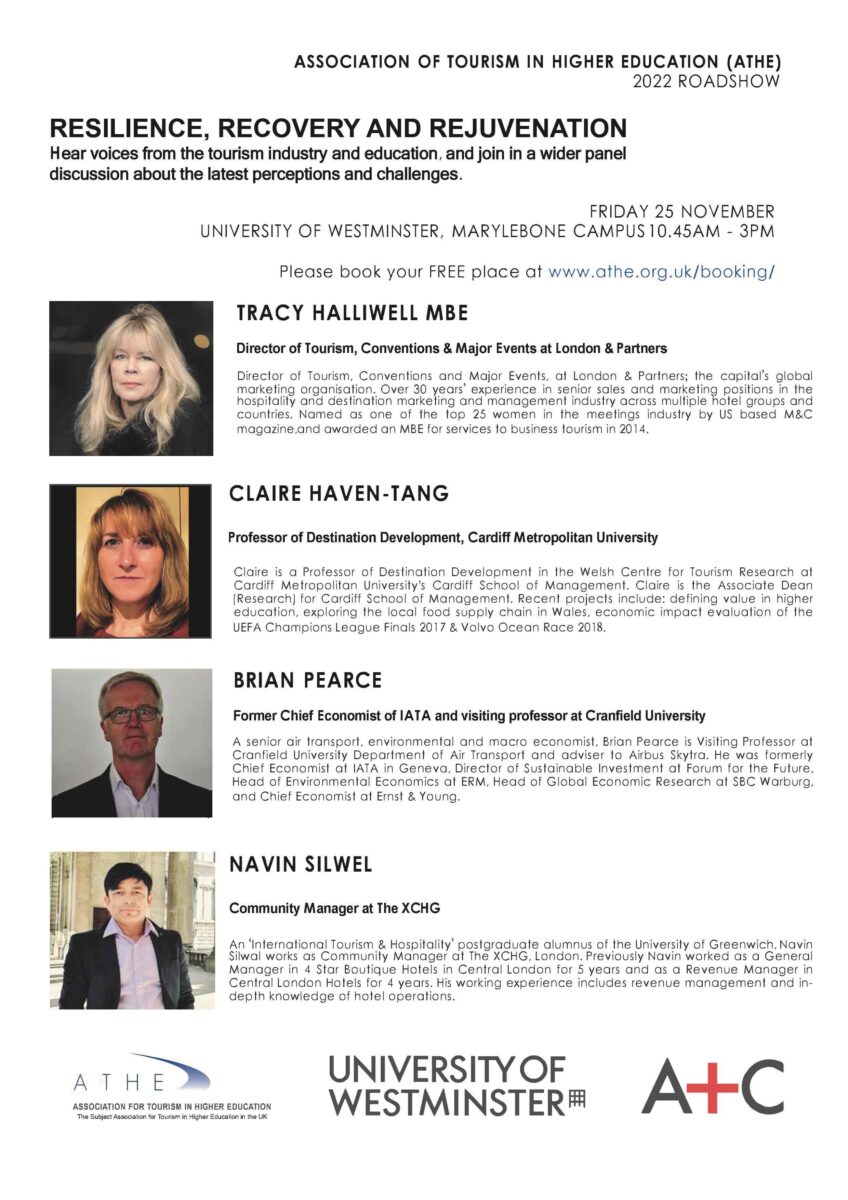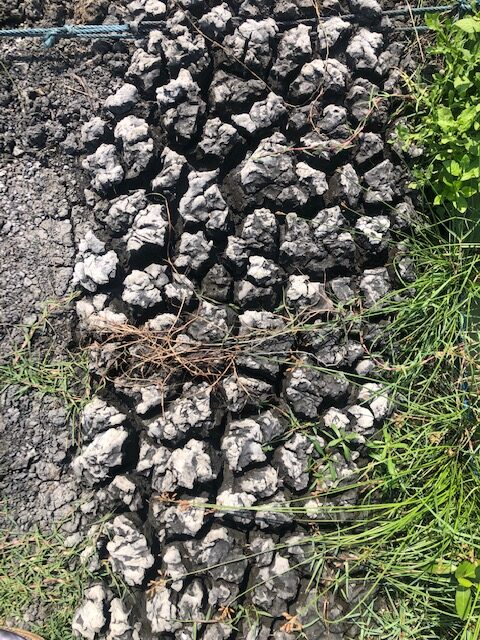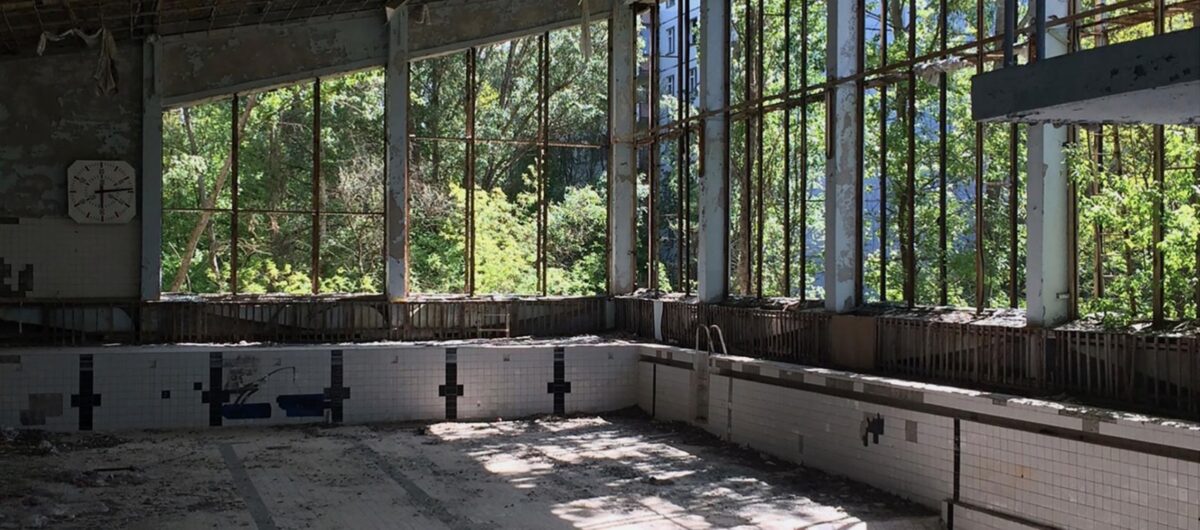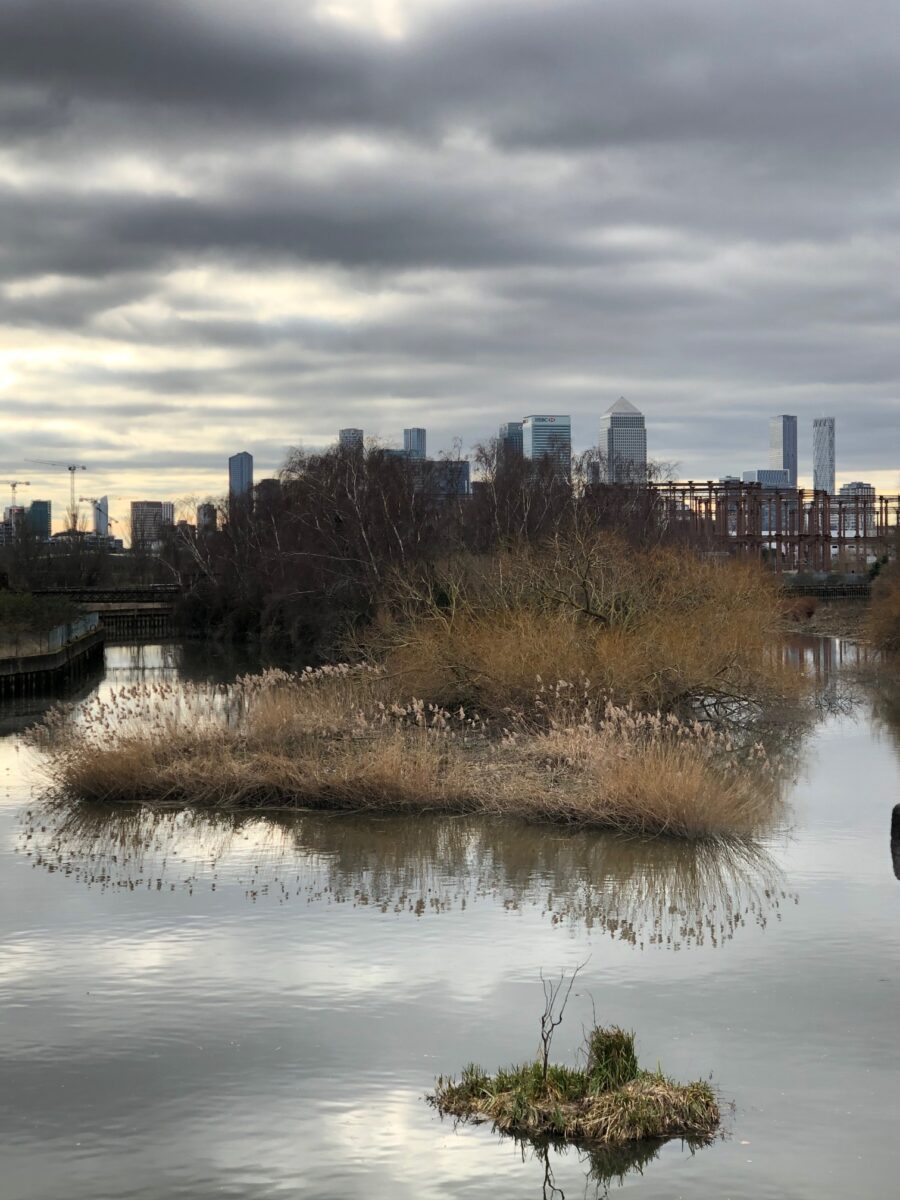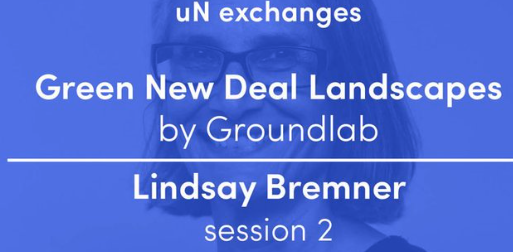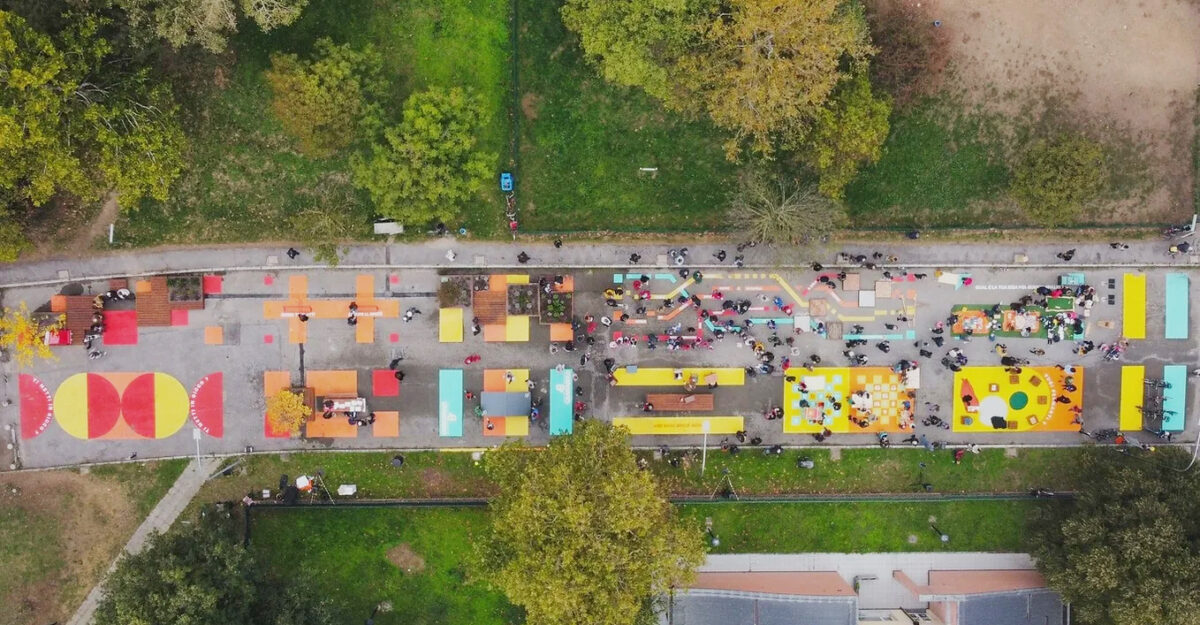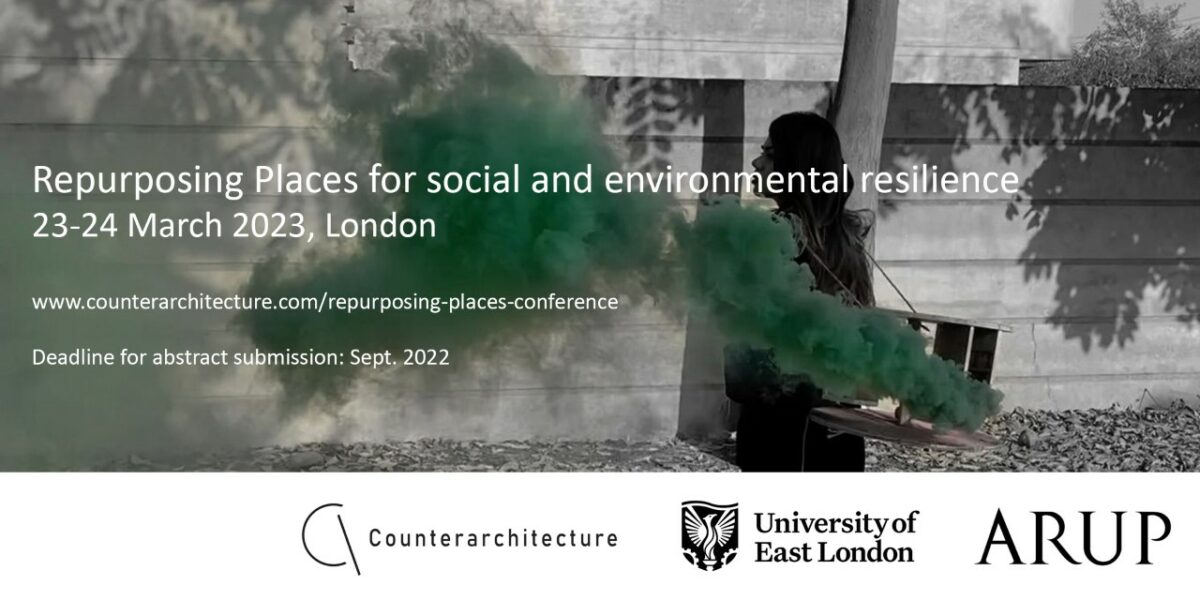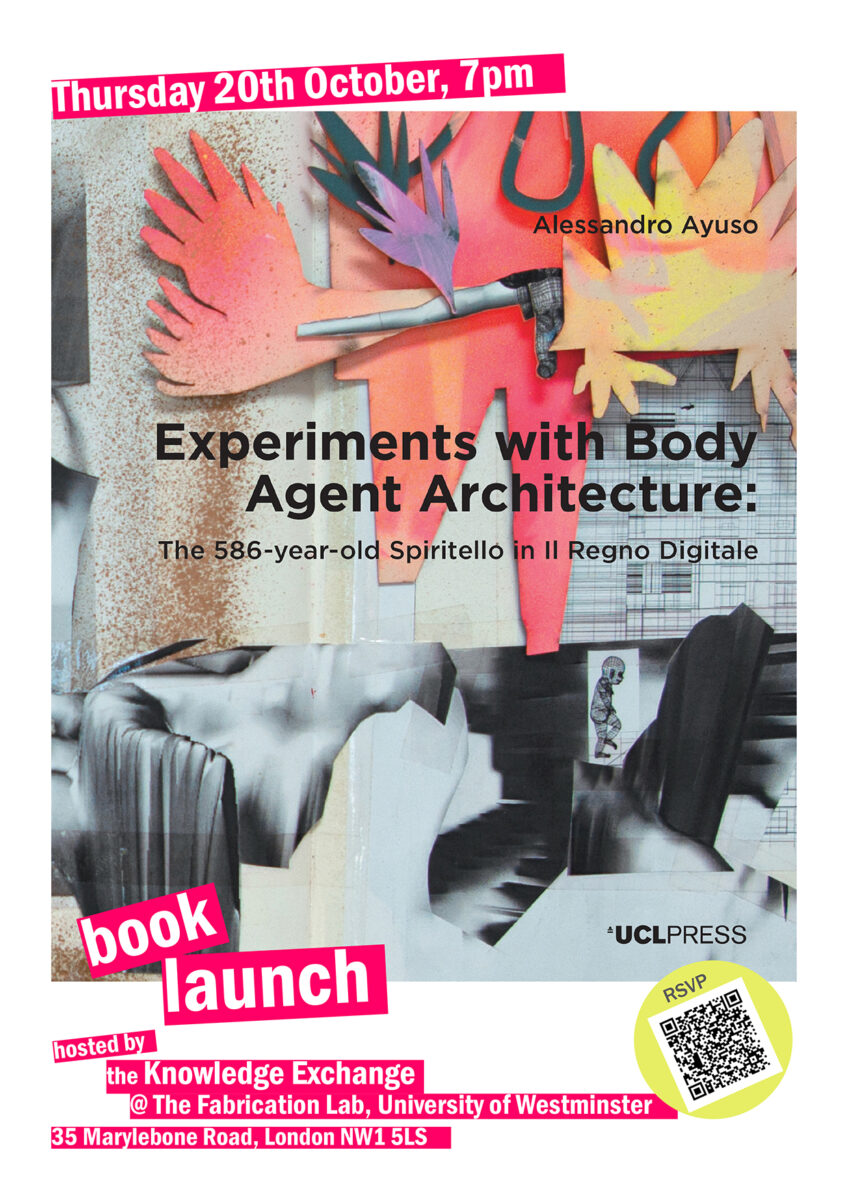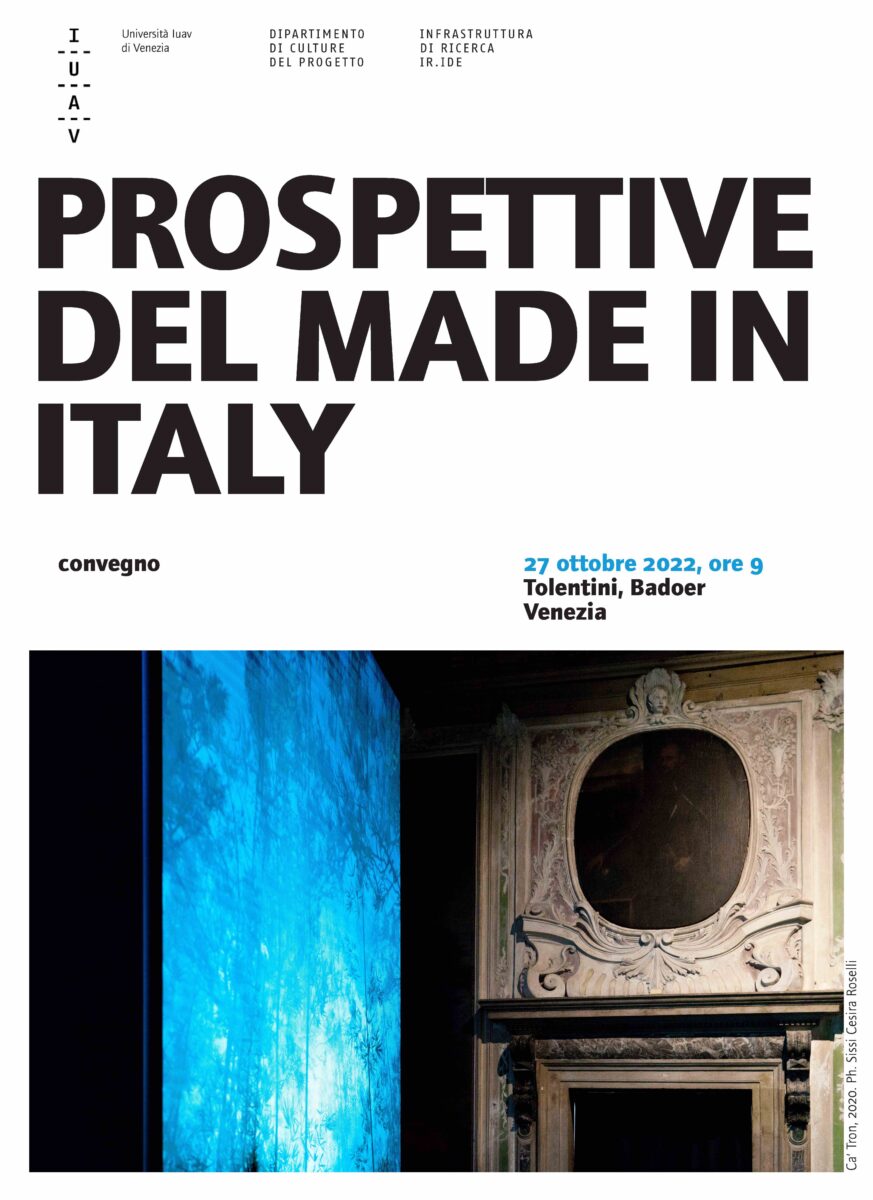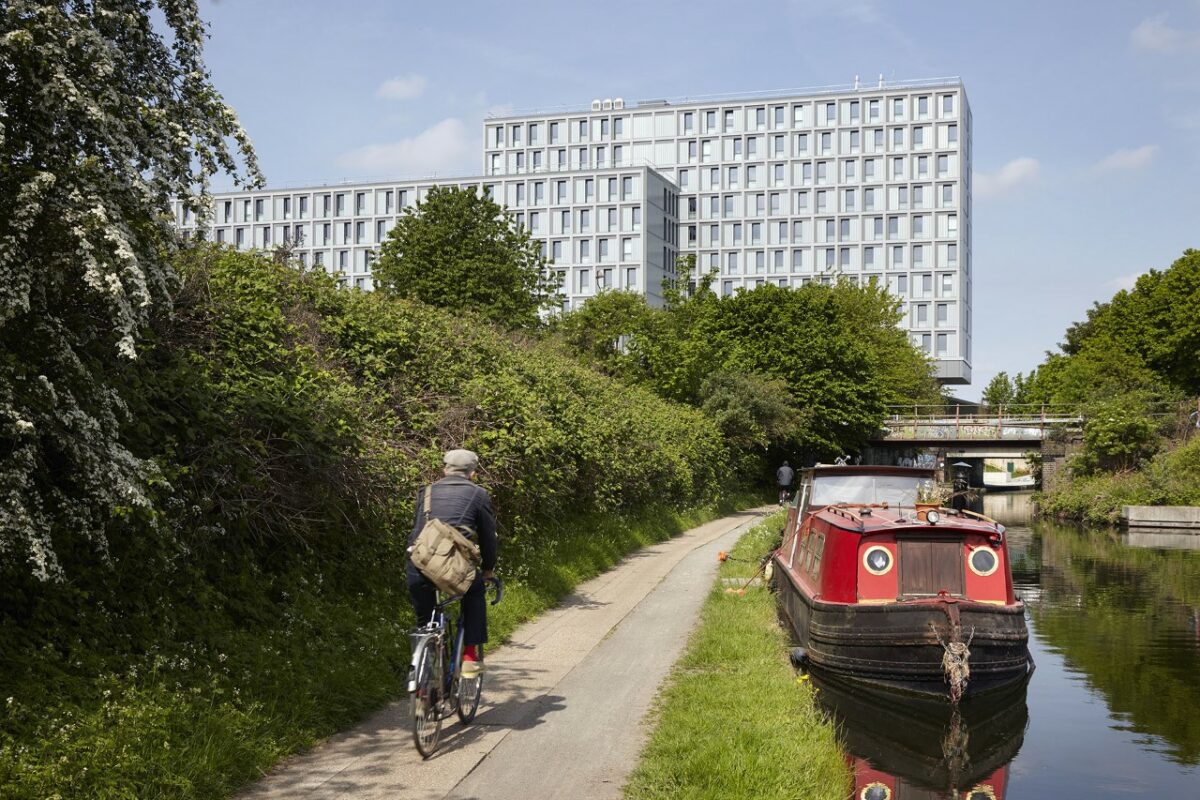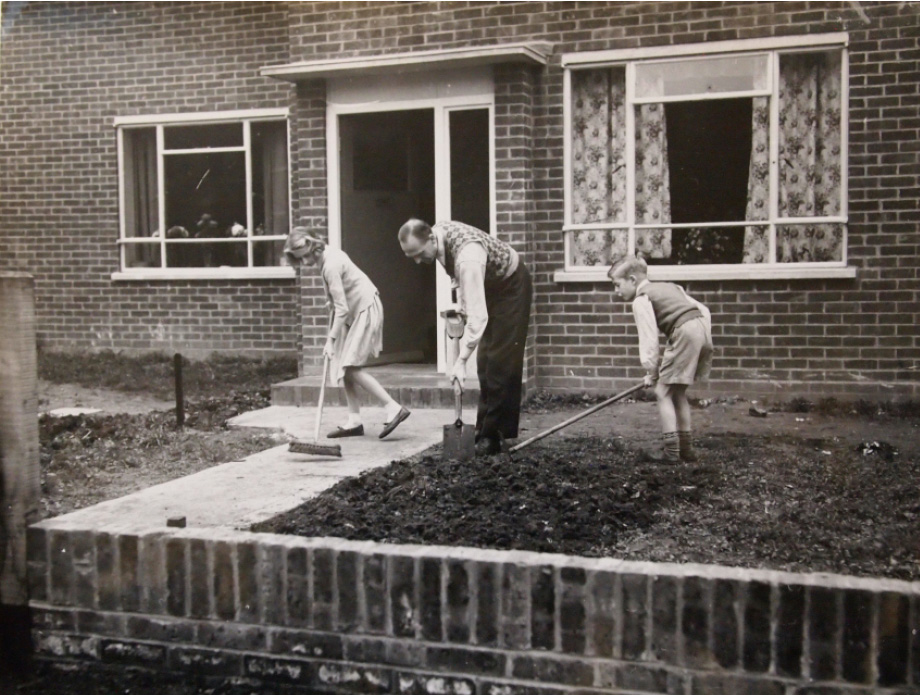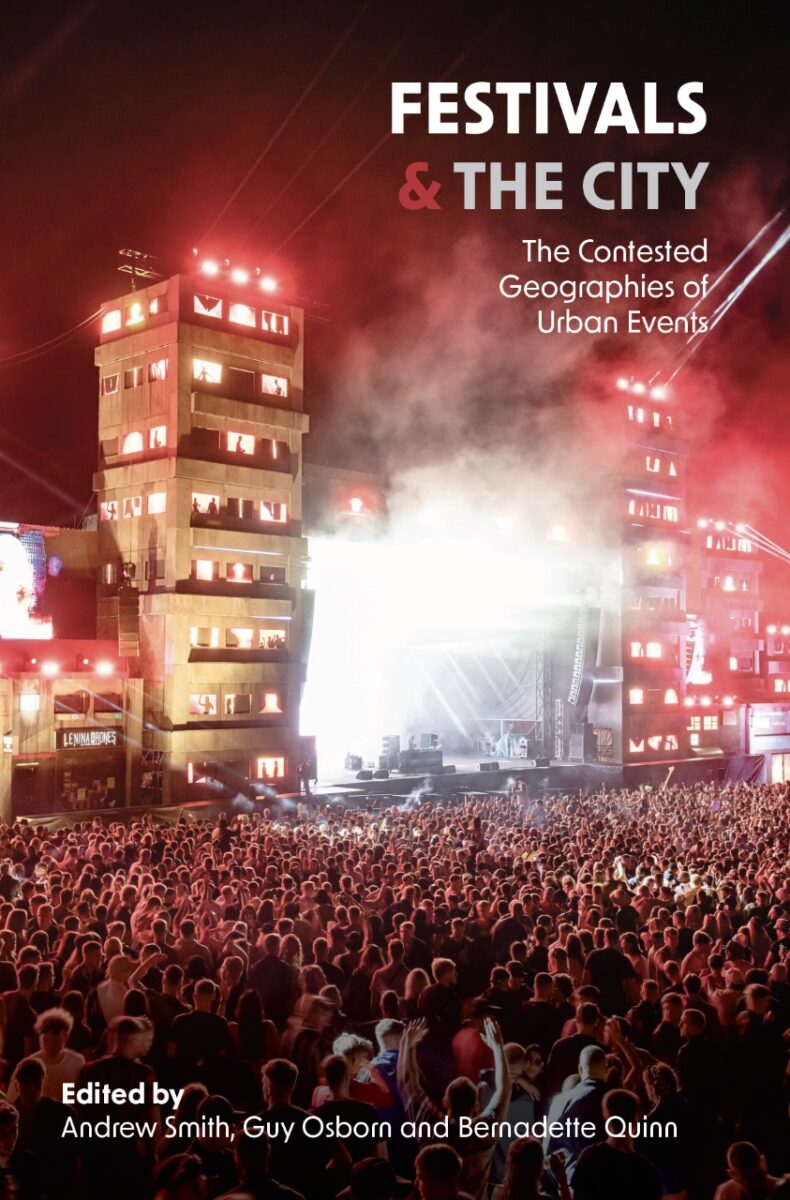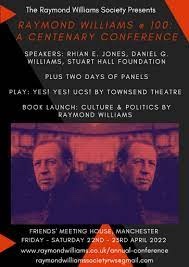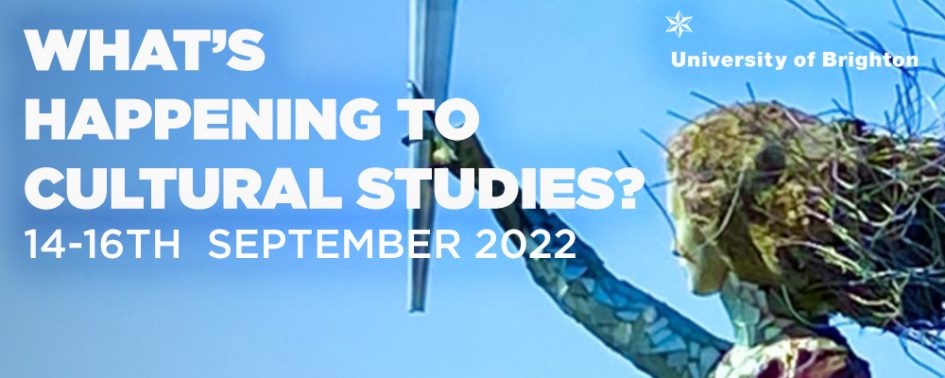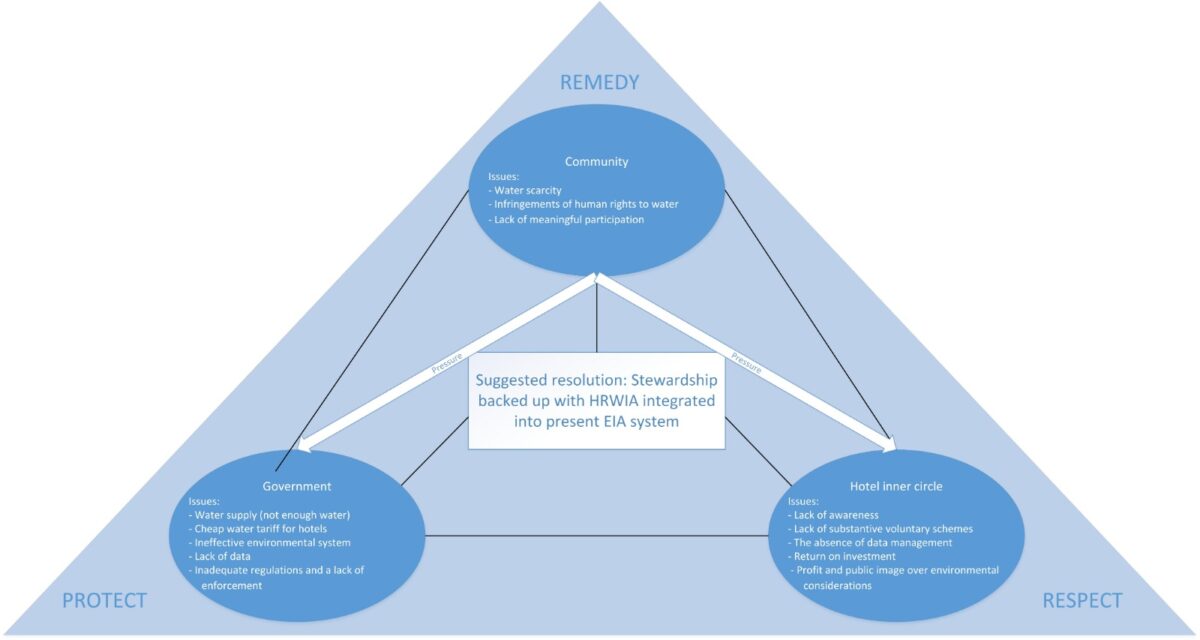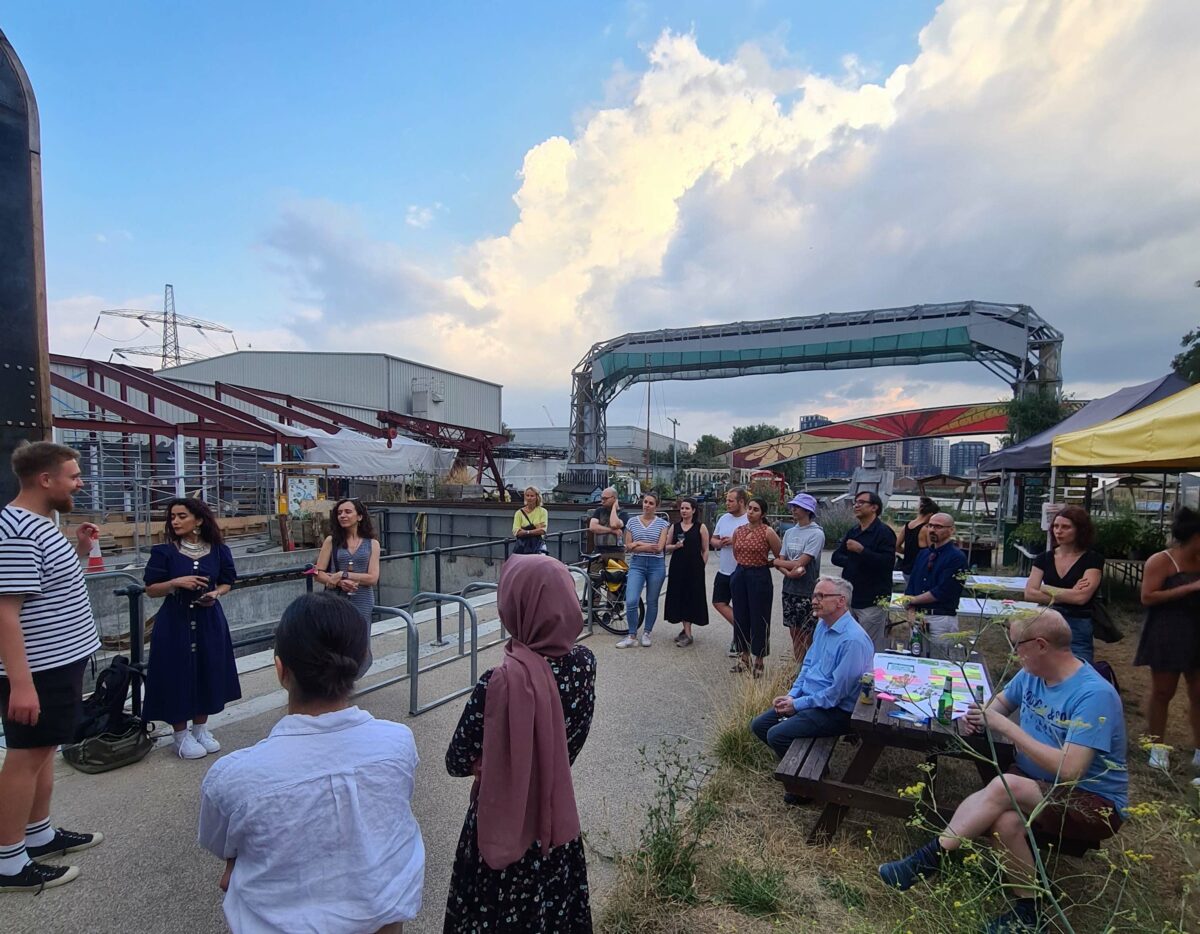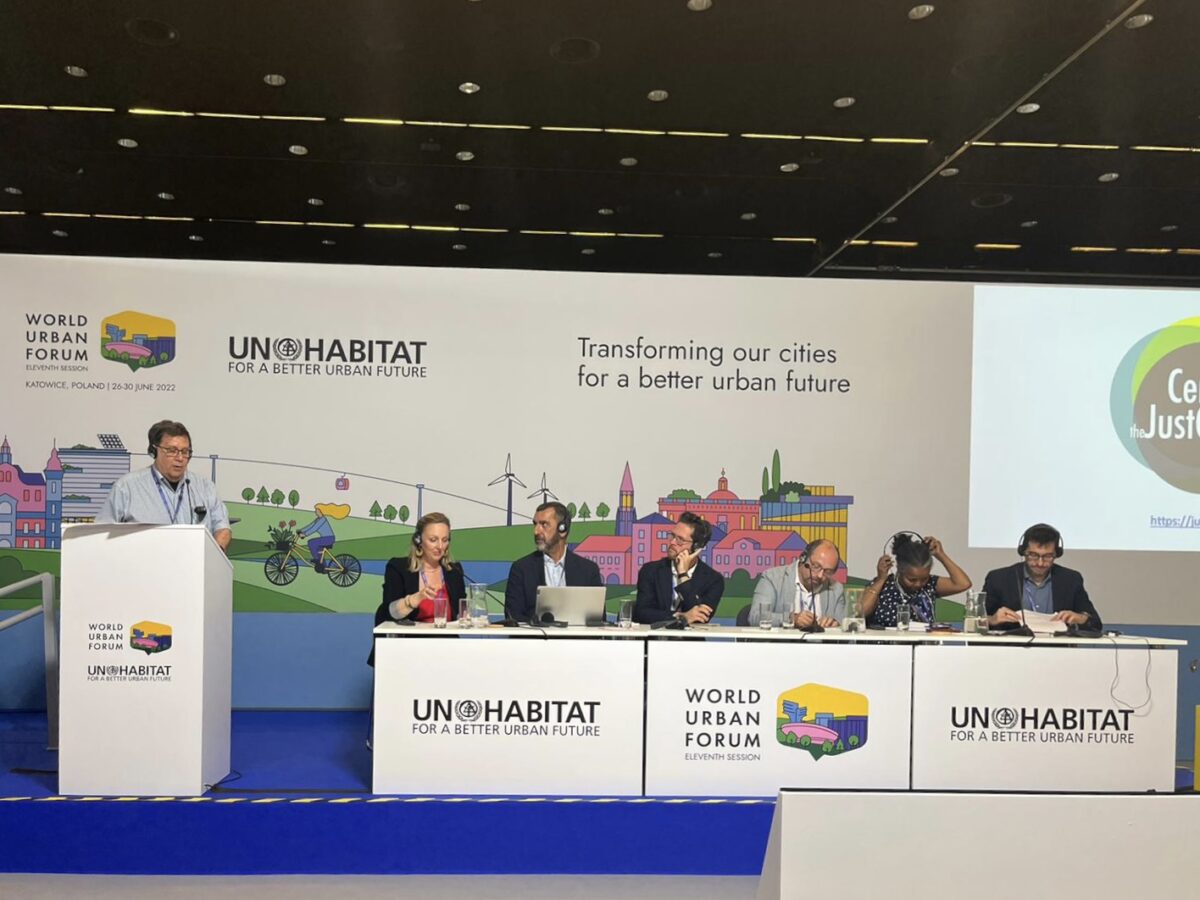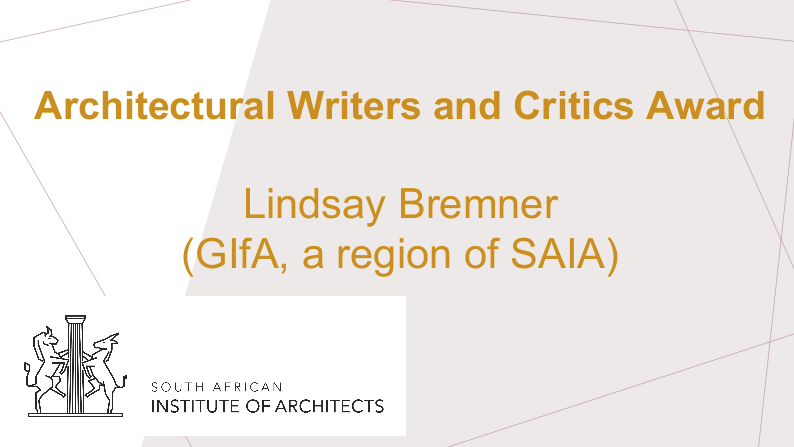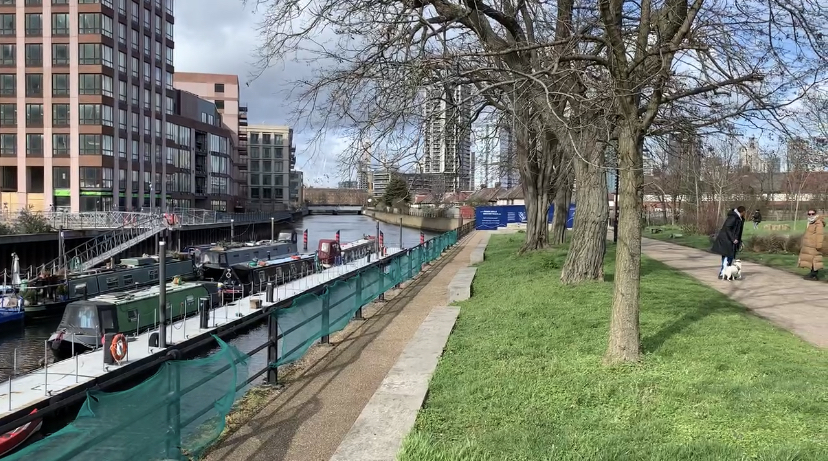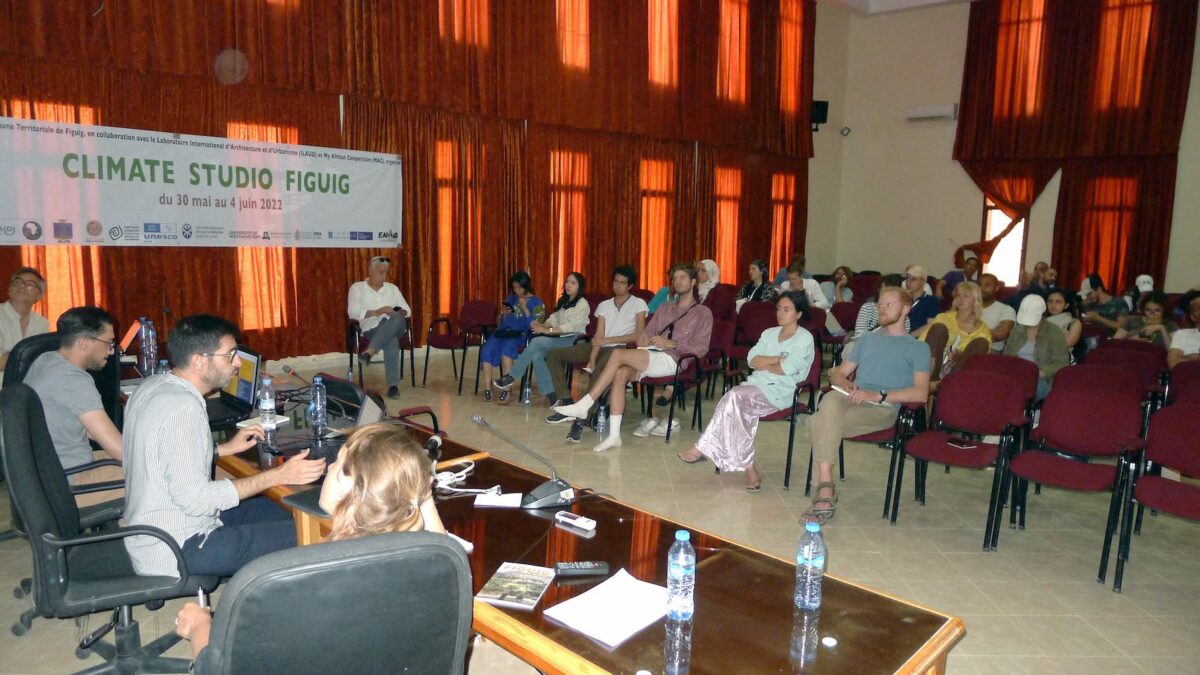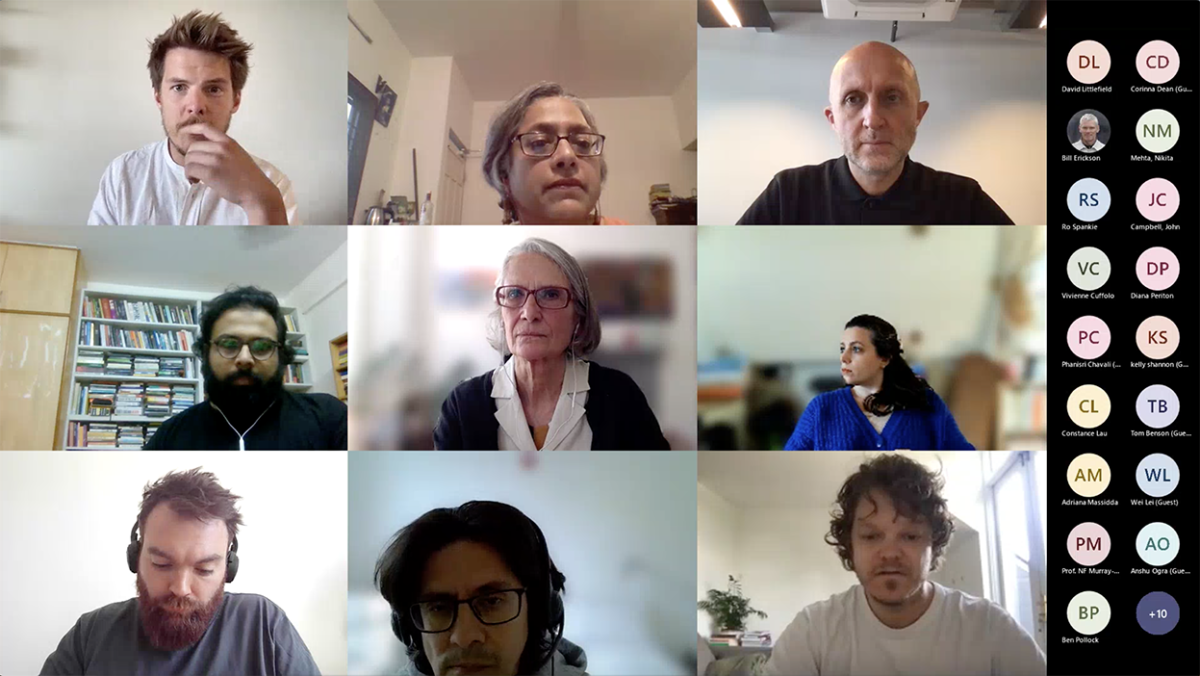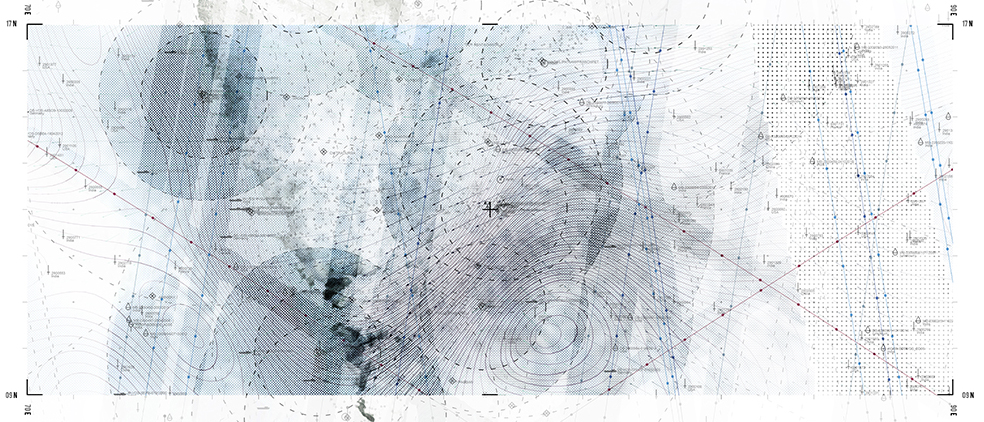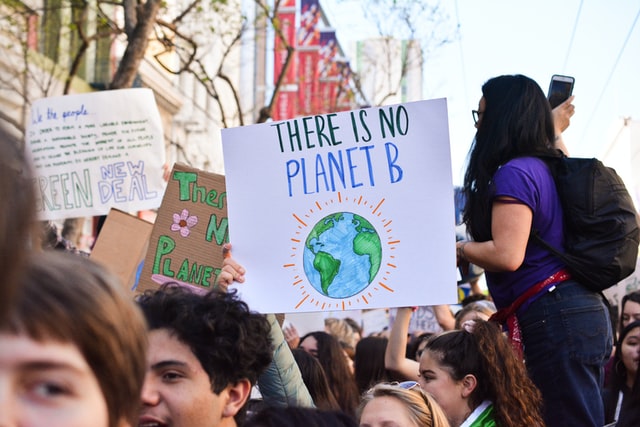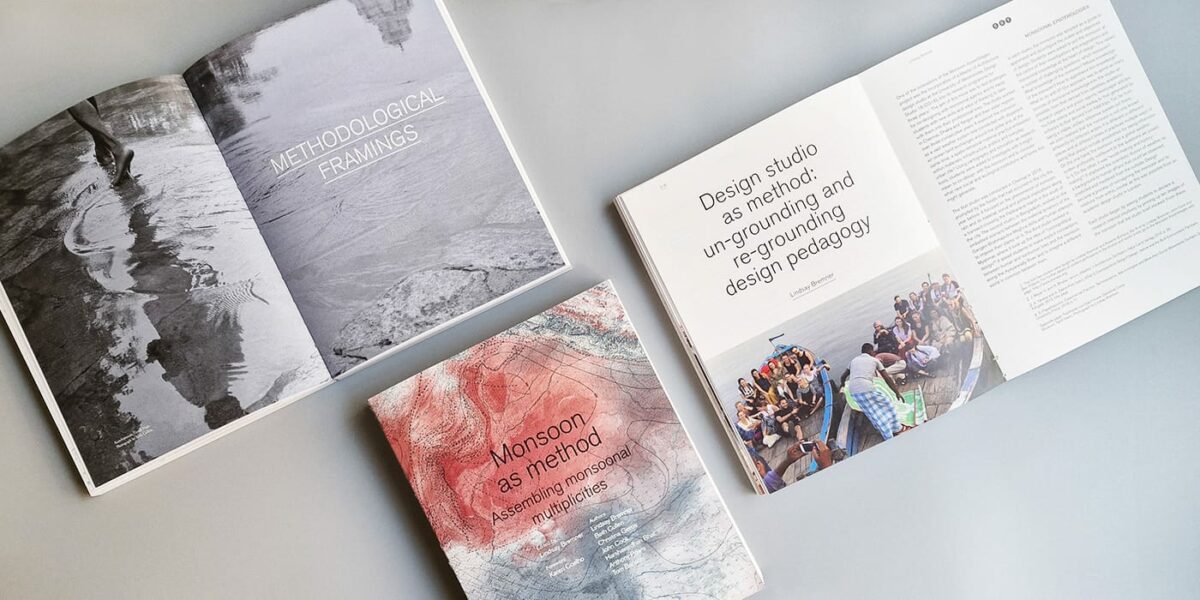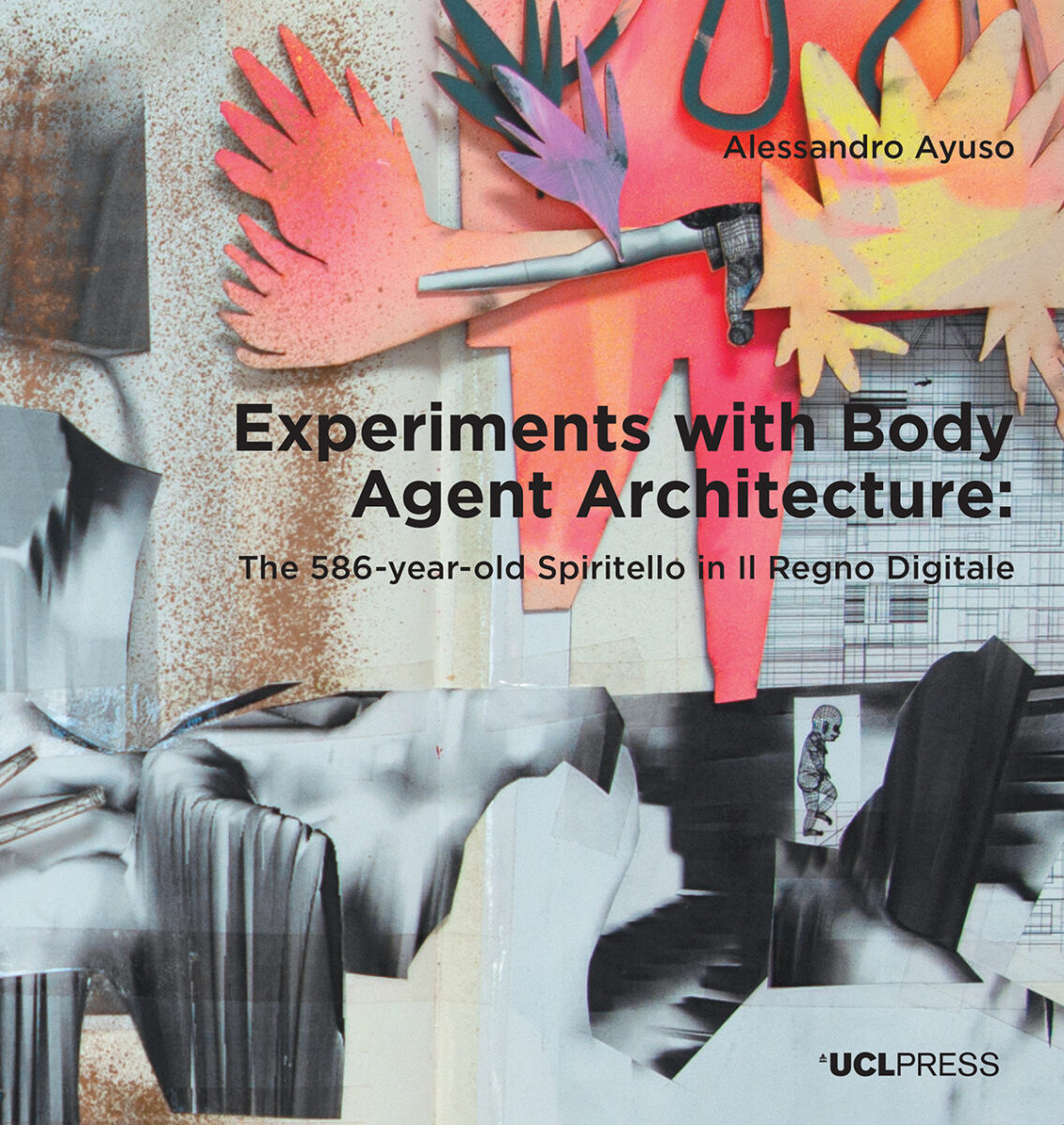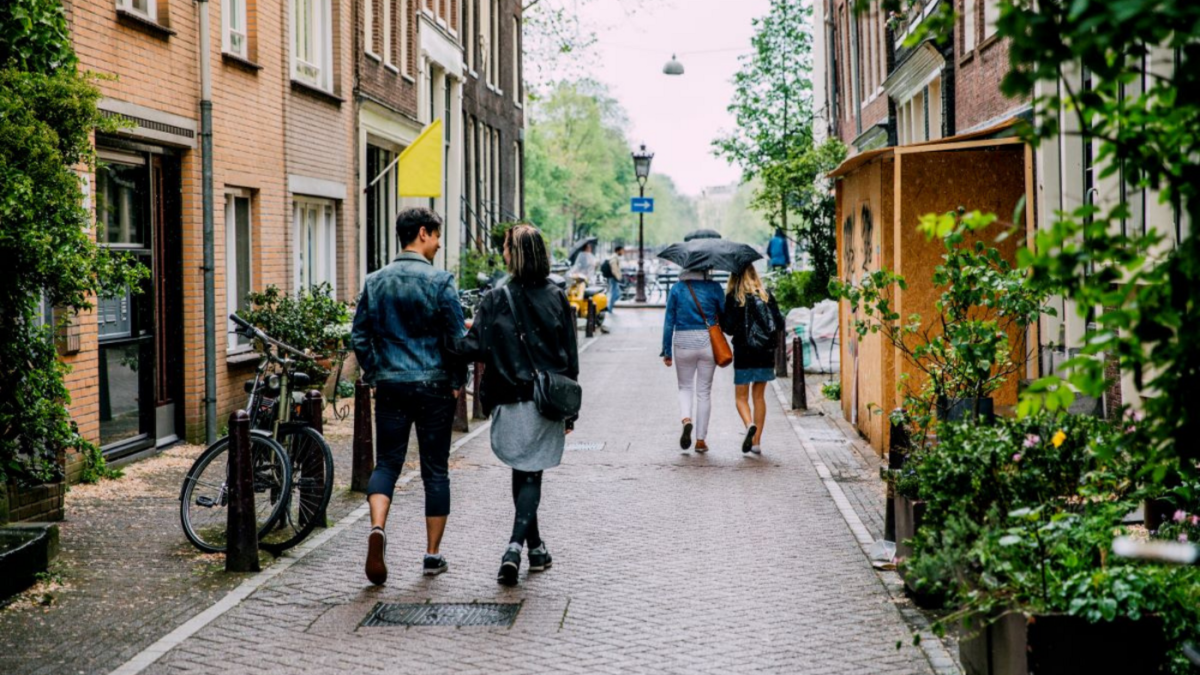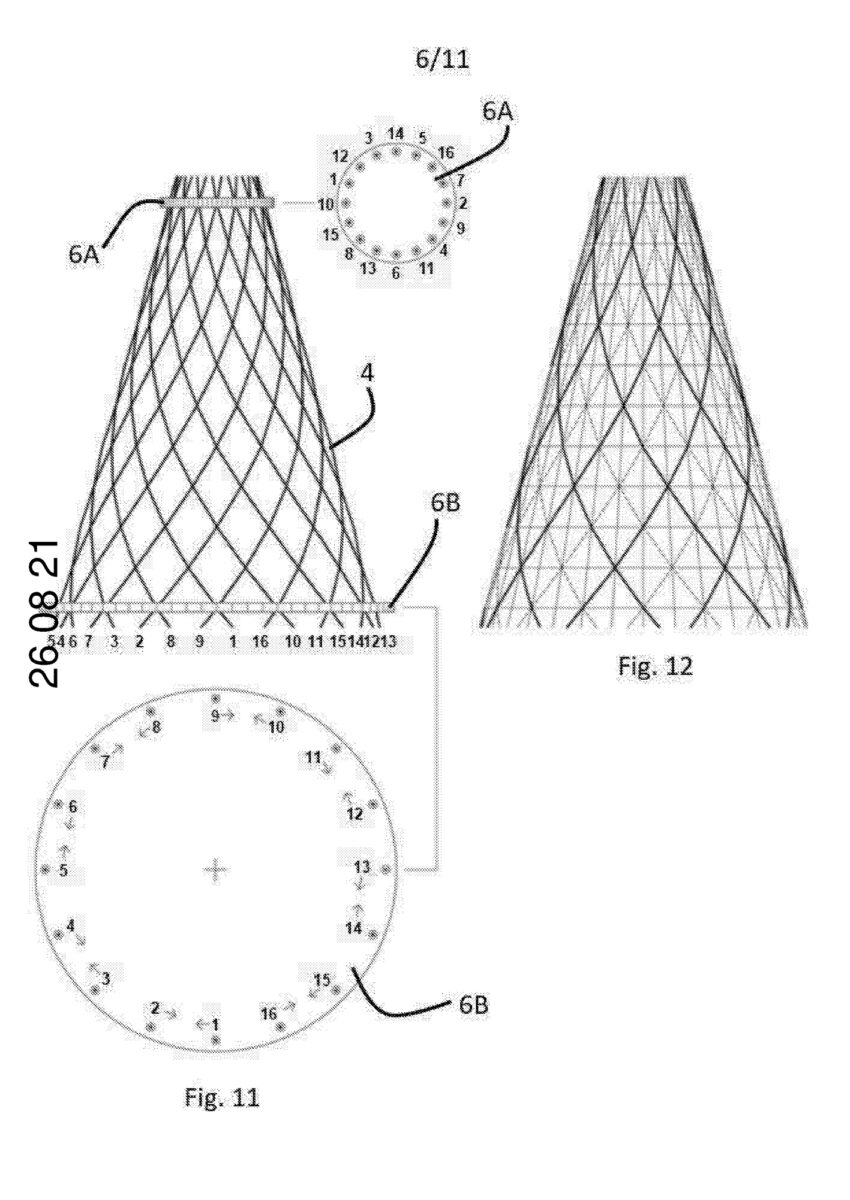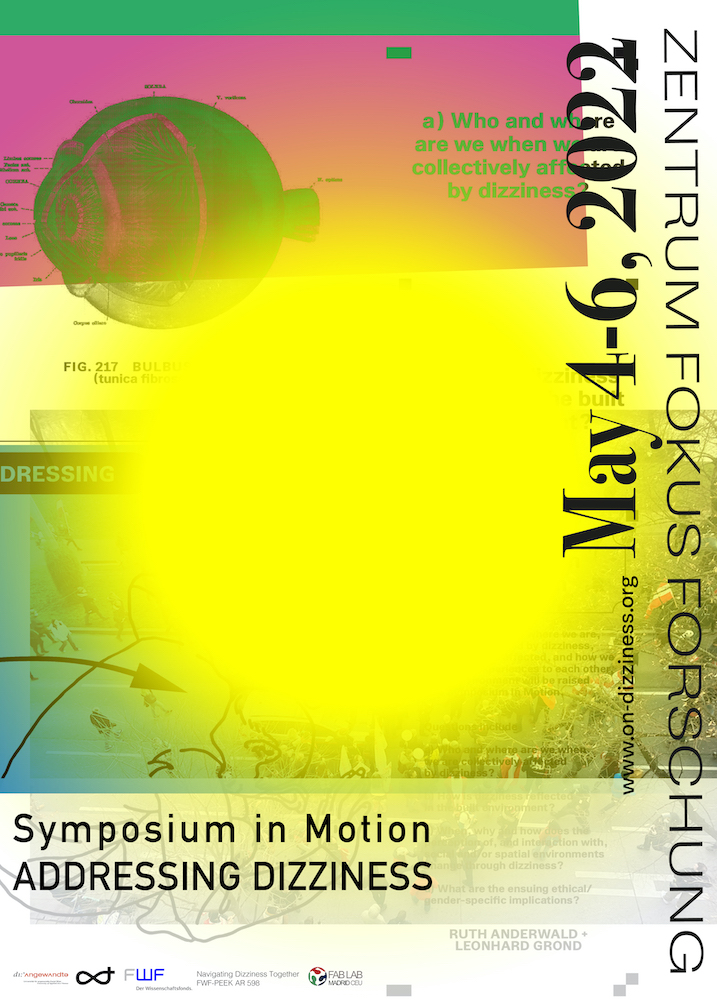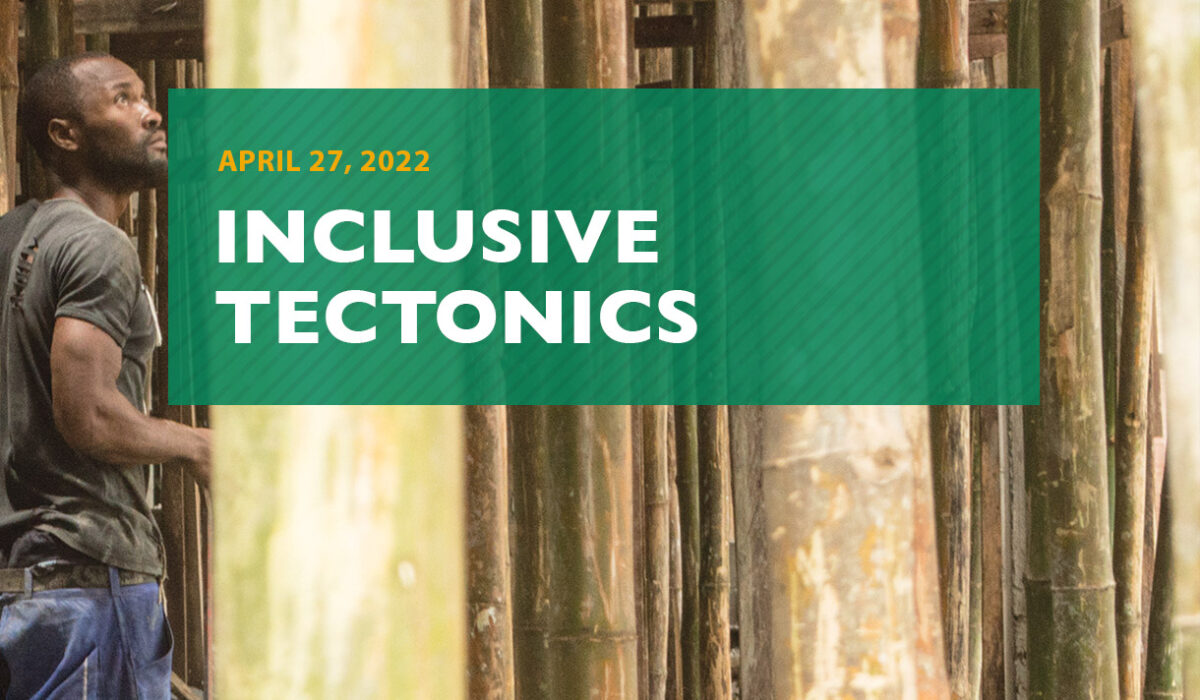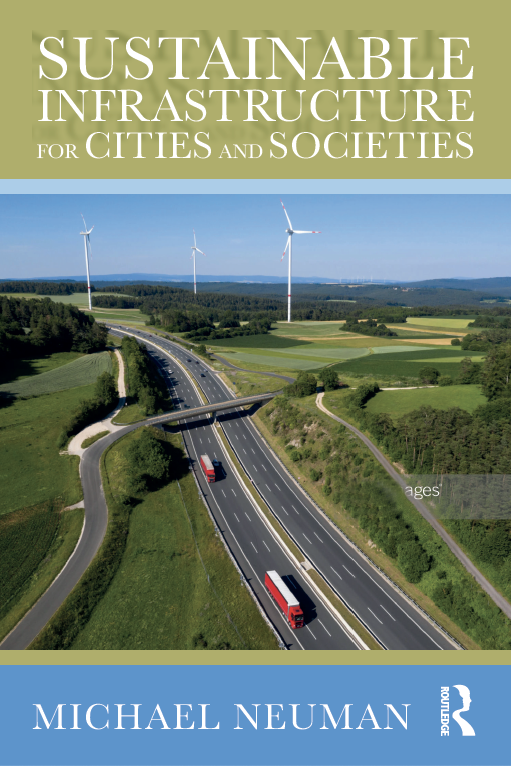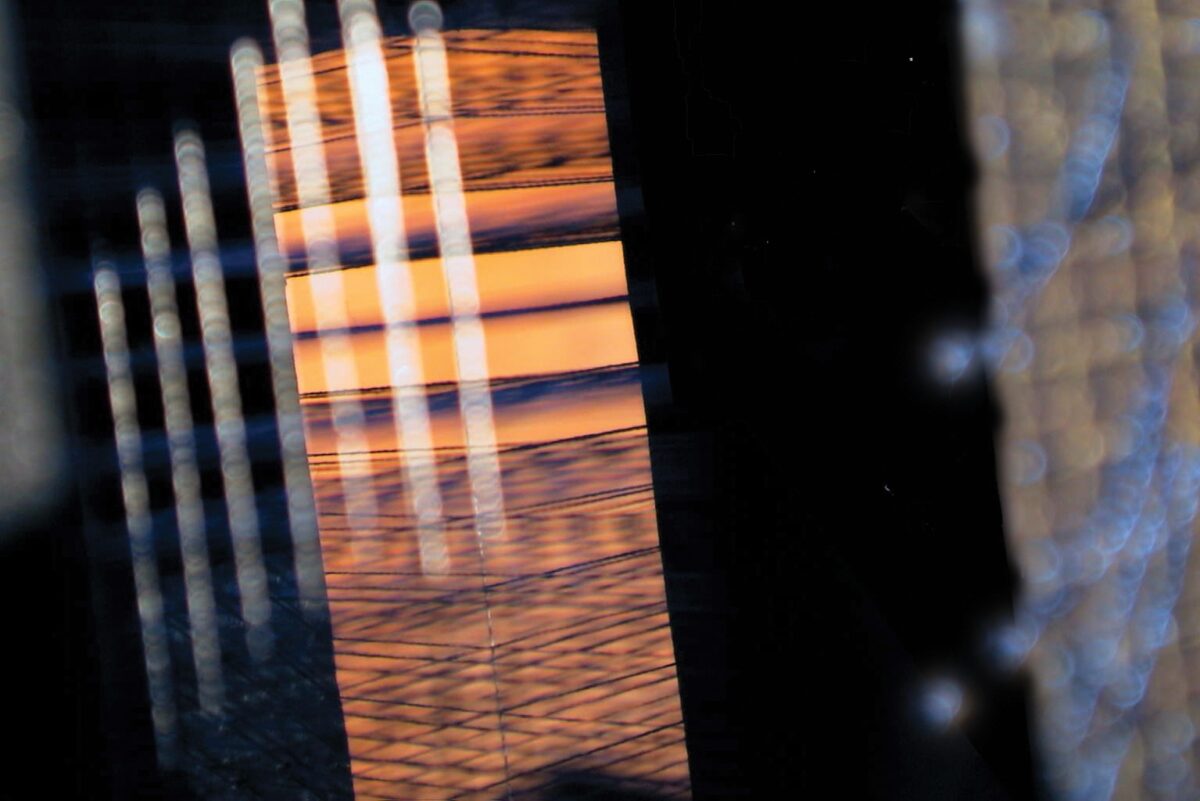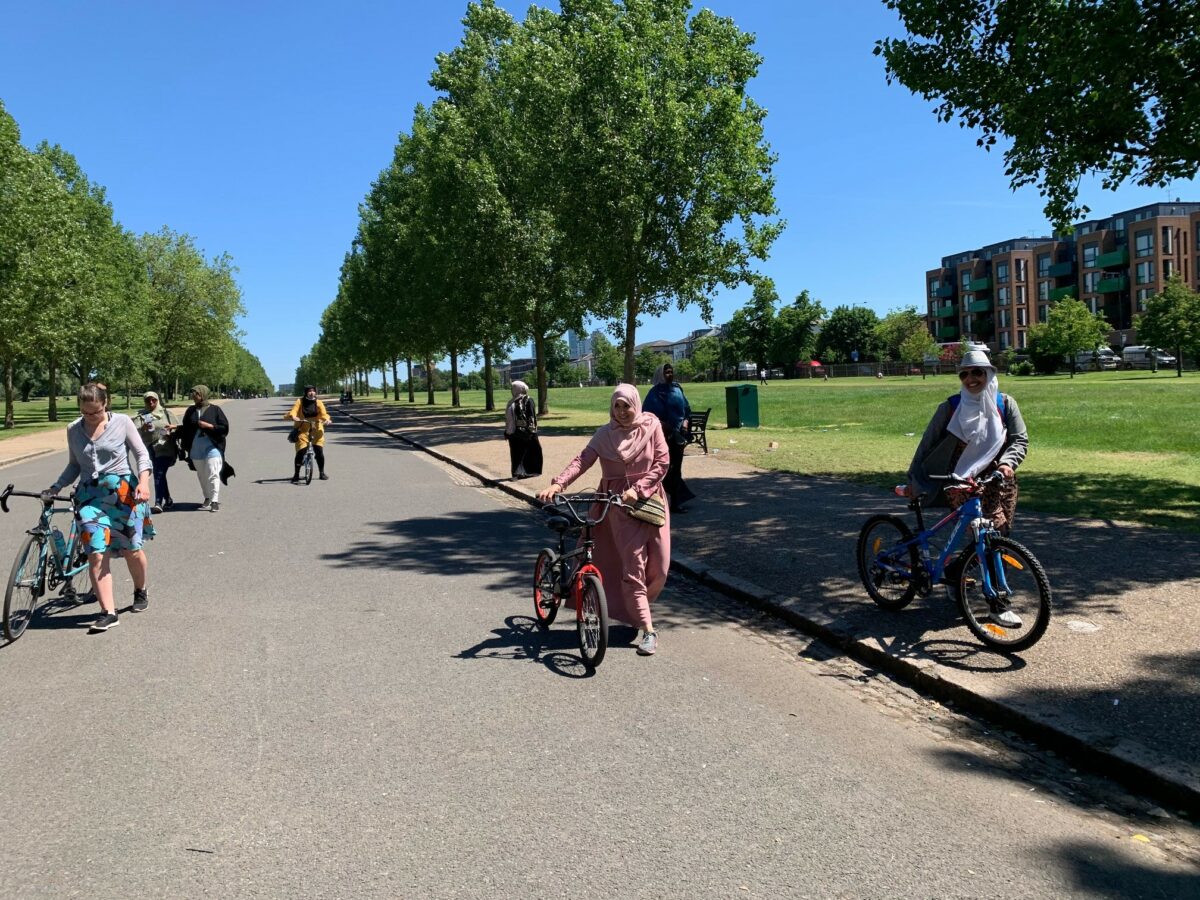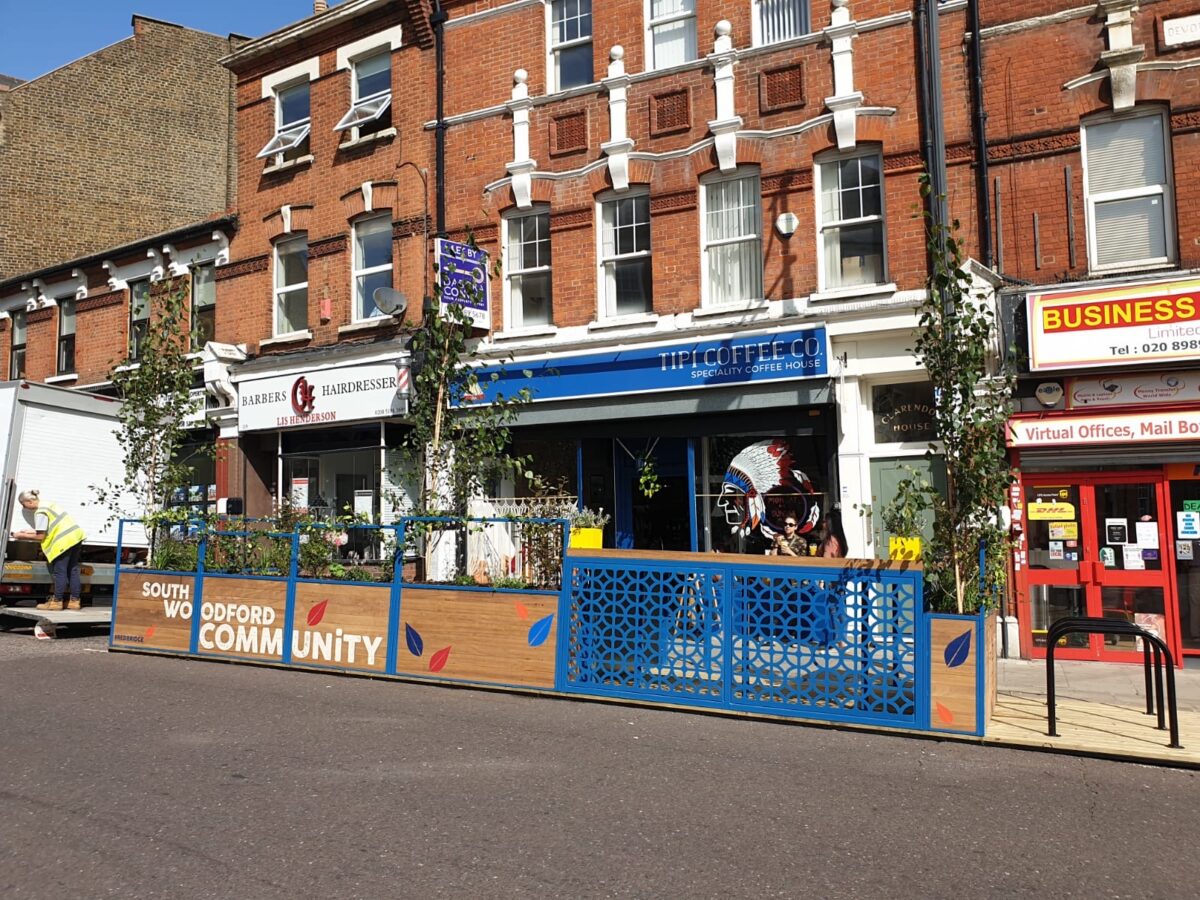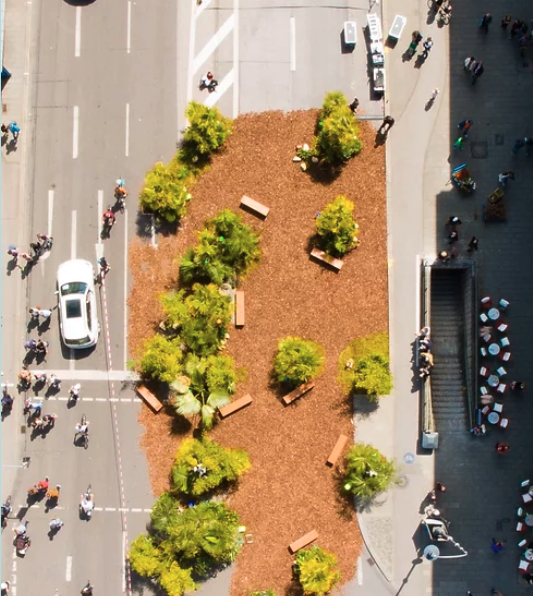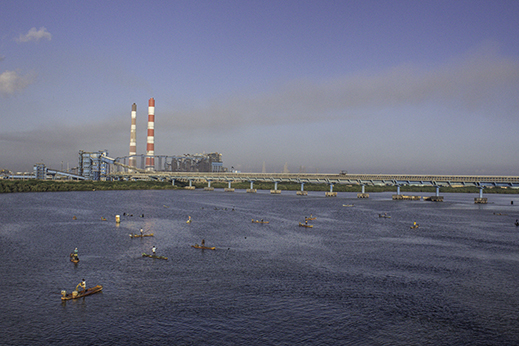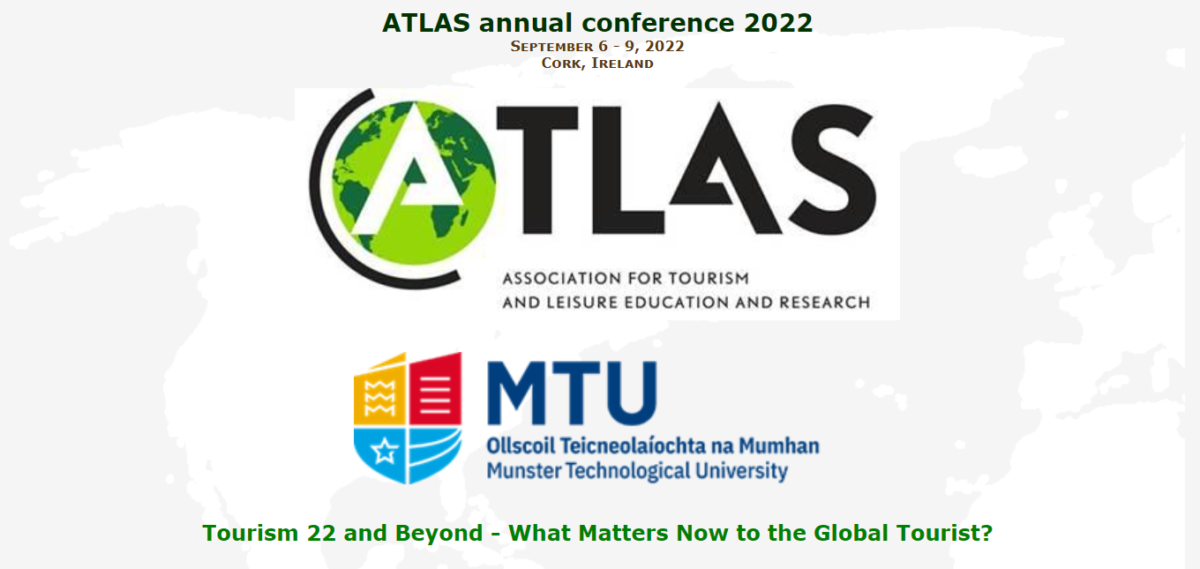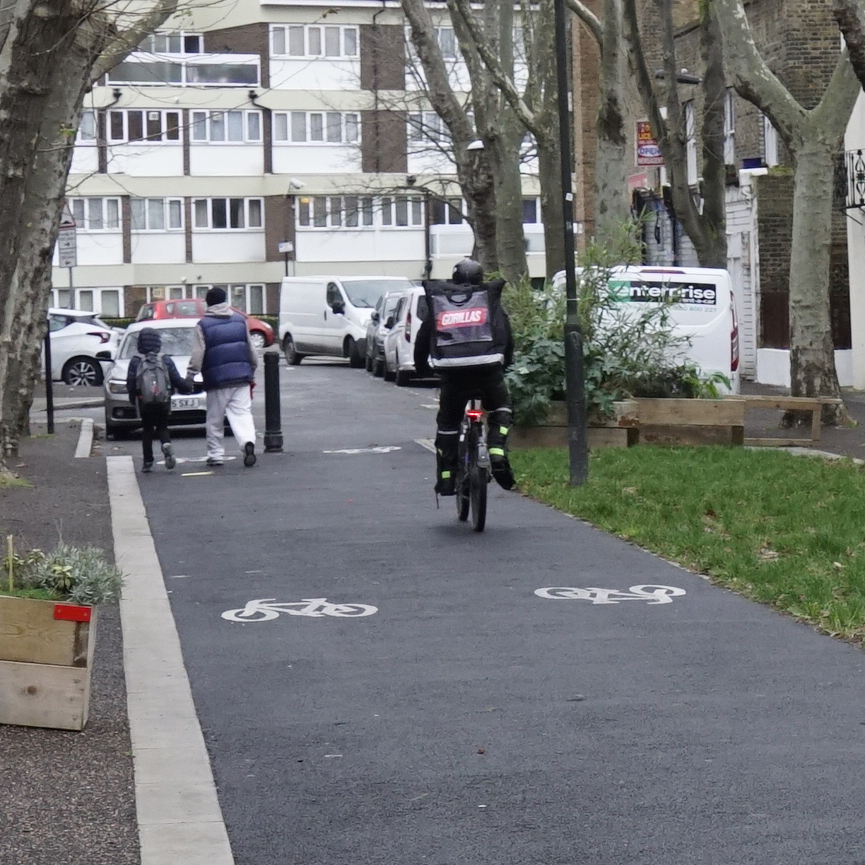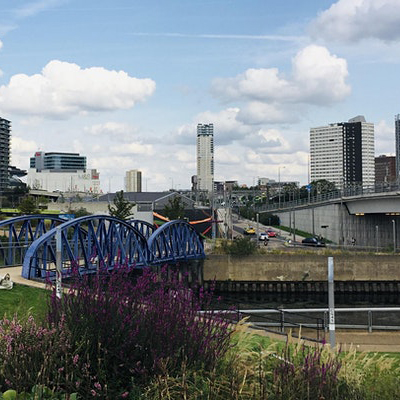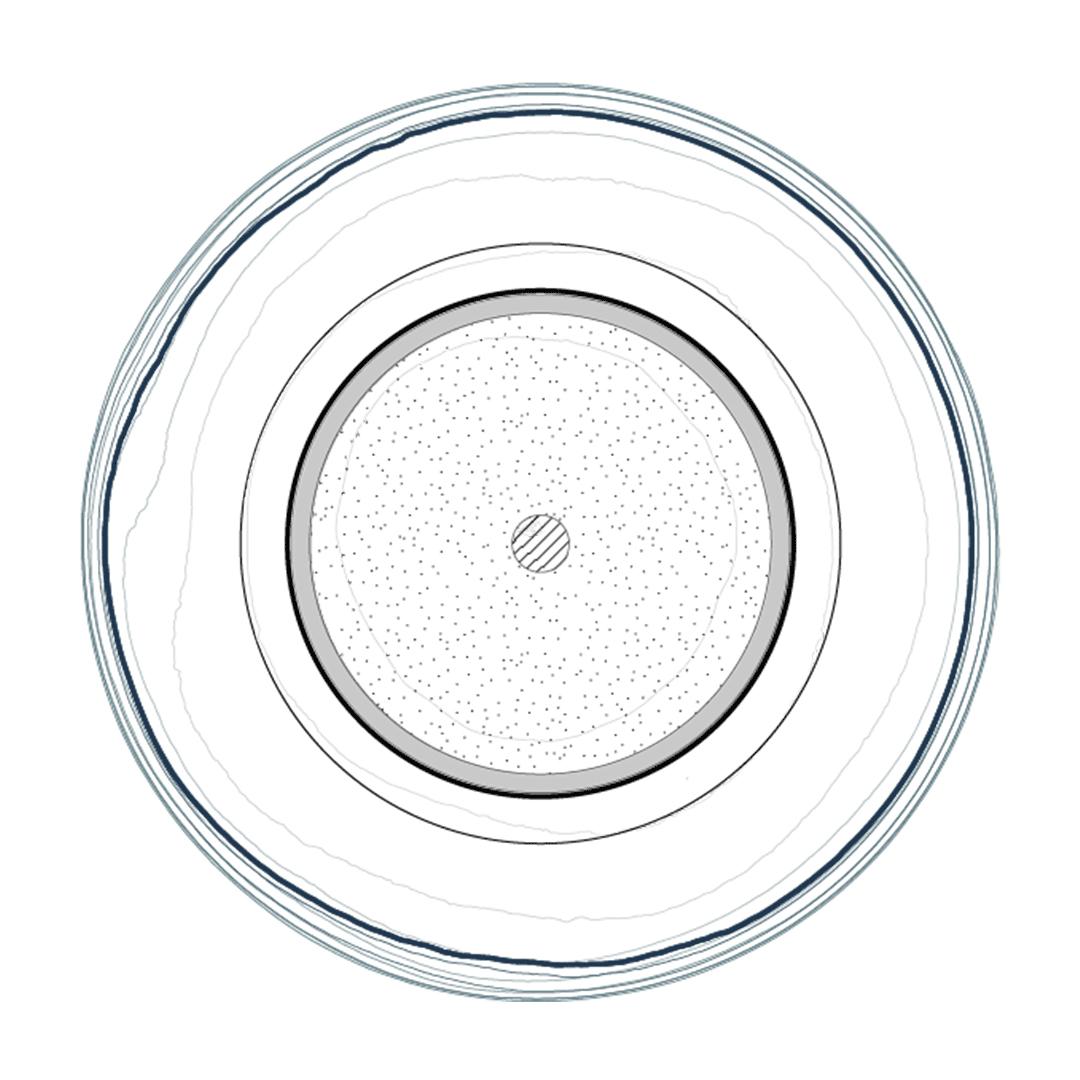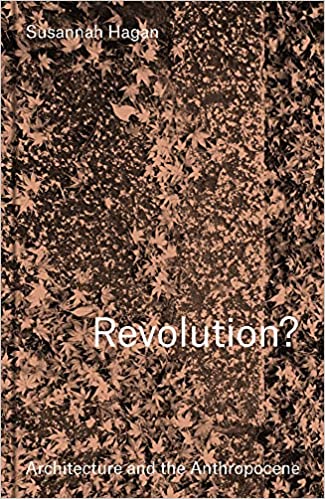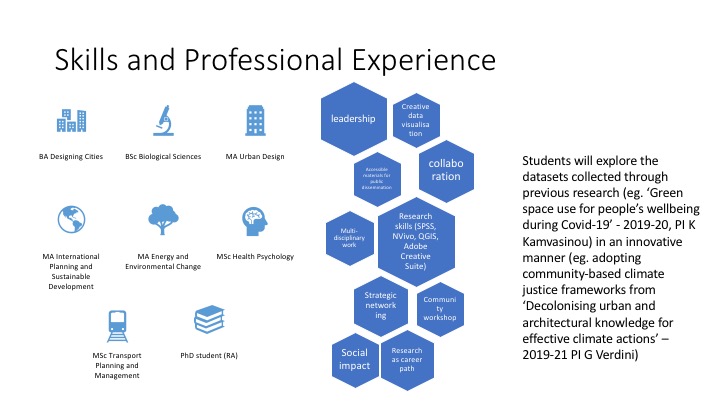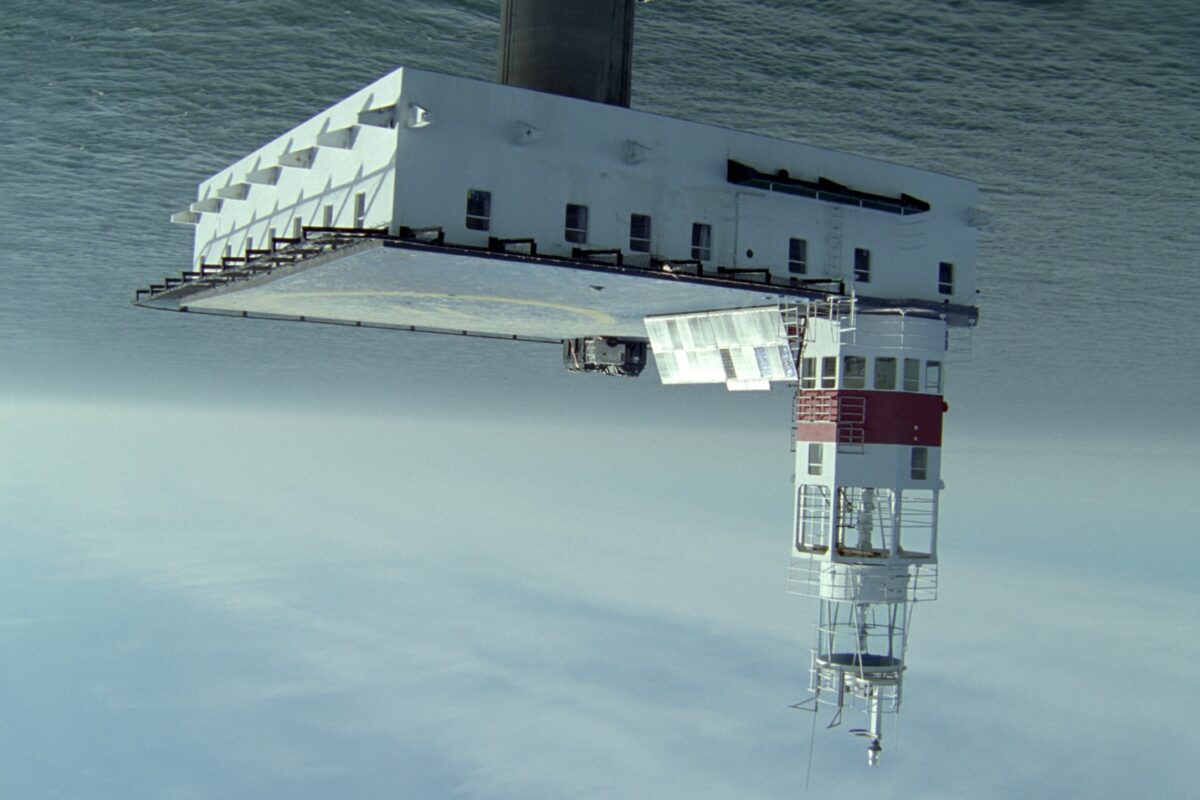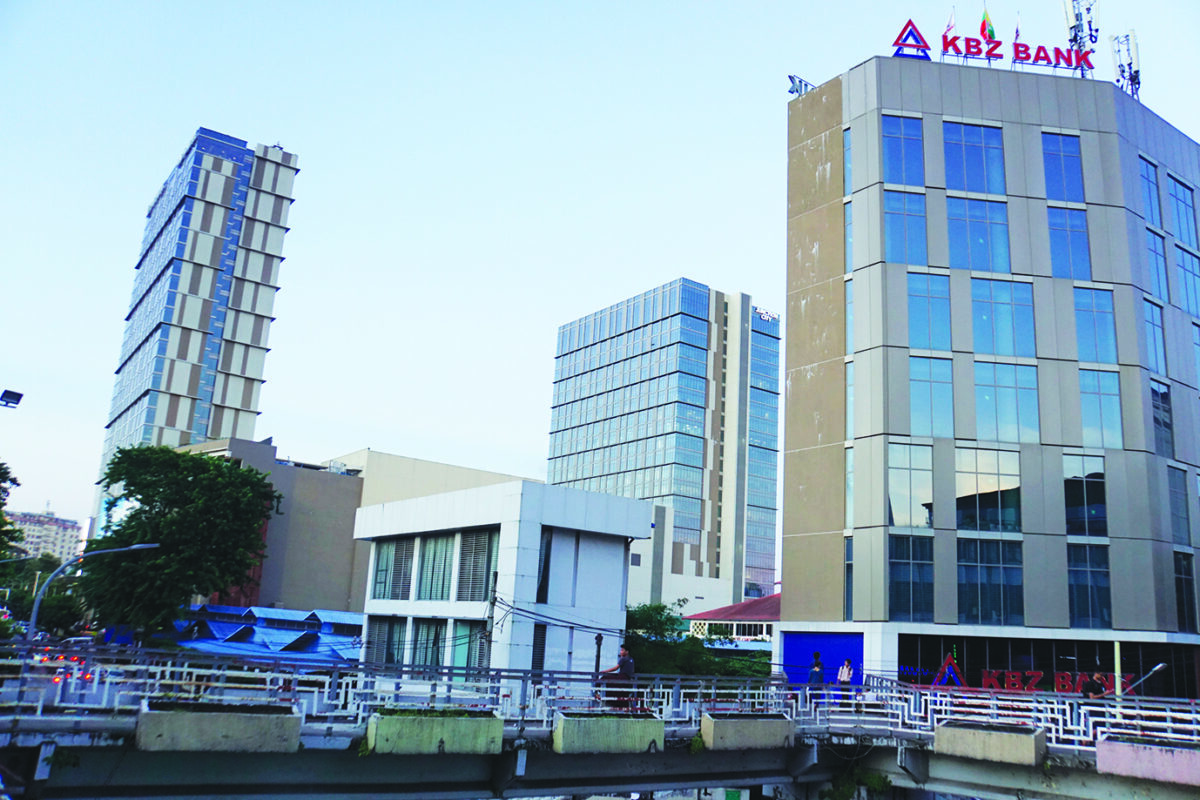This website presents the research and knowledge exchange activities of staff and PhD researchers in the School of Architecture + Cities at the University of Westminster. It records the work being undertaken in the school to inform staff, students and the wider community of the incredible breadth and depth of the activities that staff and PhD researchers in the school undertake.
Jordan, K., ‘Architecture and Buildings: Building the Post-Emancipation Church’ in Mangion and O’Brien (eds) The Oxford History of British and Irish Catholicism, Oxford University Press, (2023) pp 56-77
This chapter makes a critical reading of the buildings commissioned for the Catholic Church in Britain and Ireland between 1830 and 1913
With the aim of envisaging more sustainable urban development pathways that address current global challenges, a series of projects were funded under the Joint Programming Initiative of the European Commission call on Urban Accessibility and Connectivity (ERA-NET ENUAC, 2021-2024). Within this framework, ACUTE (the Accessibility and Connectivity Knowledge Hub for Urban Transformation in Europe) was launched in 2022 in order to synthesize ENUAC project results. The seminar will introduce the ACUTE knowledge hub and present a series of research findings and innovative solutions on accessibility and connectivity across 15 European projects.
In this research seminar, John Cook and Ben Pollock will present the work of Climate Cartographics, a UKRI funded proof of concept grant that followed from the ERC grant funded project Monsoon Assemblages. They will discuss a series of pilot projects undertaken for external clients, as a way of testing cartographic and service delivery methods, with a view to setting Climate Cartographics up as a self sustaining company.
Gender based violence is a global pandemic and water insecurity is increasing in intensity and extent. In this seminar, Stroma Cole discussed a study that used qualitative and quantitative data to examine the association between these two global health threats. A significant positive association was found between household water insecurity and reported gender-based violence in Sumba, Indonesia. The concept of ‘gender-based water violence’ was defined as the spectrum of stressors associated with water insecurity that are so extreme as to significantly threaten human health and well-being, particularly that of women and girls.
Re-Imagining Coral Reefs, a project led by John Zhang utilising mixed reality technology as a tool for cross-disciplinary research and climate data communication, took part in this year’s Creatch’23 conference.
CREATECH ‘23 is an International Conference and Exhibition on technology for the design, creative, and digital industries. The event is transdisciplinary and multimedia, encouraging wide participation across the spectrum of research and practice. The conference provides a dynamic forum to present new work and share ideas around the creative opportunities enabled by emerging technologies, while the public exhibition and participatory workshops offer hands-on experience of the technologies and practices being discussed.
Description (event/project) / Abstract (publication only): Unproductive work is sometimes called art, or waste. We don’t call it that we call it care.
DWA’s proposed new structure at the heart of the City of London is a cross between a museum and a university, its key function is to investigate technologies of care.
Such technologies are counter-creative, pointing away from capitalism’s endless accumulation and constant change. Technologies of care look after things, nothing is art, nothing waste.
(with many thanks to Dr Alessandro Ayuso for letting us use his leap models)
ISBN: 9781838018030
This volume of Incomplete Works gathers together a number of speculative design projects made by Doctor Watson Architects in the early years of the 21st century. Most, if not all, of the projects began as a response to a specific architectural competition brief, however, DWA never were interested in winning a competition.
This talk will interrogate outsiders’ motivations to visit a refugee camp in an attempt to understand the relationship between outsiders’ gaze and ephemeral heritage of the displaced communities, as well as comment on the ethical implications of these activities. As the first Place & Experience research group meeting for 2023/2024 Academic Year, this talk will be an opportunity to hear about existing research activities and build international links, as well as for the speakers to hear your input and expressions of interest.
The Thursday evening ‘open’ lecture series highlights new technological developments in the fields of architecture, engineering and environmental design. This year, talks cover regenerative construction, low-carbon engineering, retrofit, and materials technology. The series is organised by Will McLean and the talks are filmed by Teo Cruz. The talks take place at 6pm every Thursday evening in room M416 starting on 5th October. Talks are simultaneously live-streamed and recorded with links to stream and recordings found via URL link below.
After being off-line for some time, the Archigram Archival Project is now once again available to view online via the British Library’s UK Web Archive.
Littlefield D (2023). “The agency of small things: indicators of ownership on the streets of Liverpool and Belfast”, chapter within, Everyday Streets: Inclusive approaches to understanding and designing streets.
Edited by Agustina Martire, Birgit Hausleitner, and Jane Clossick. UCL Press.
Streets are, on the face of it, physical spaces comprising the raw material of urban design and architecture. This physical realm, however, represents only a small part of the “street”; there is a deeper reality of social constructions guiding and encoding behaviours. Drawing on Actor-Network Theory and New Materialism I suggest these social constructions have the force of a “thing” – just as much force as a physical thing such as a wall.
Kate Jordan (2023) Between the Sacred and Secular: Faith, Space, and Place in the Twenty-First Century, Architecture and Culture, DOI: 10.1080/20507828.2023.2211823
In his 1954 poem, “Church Going,” Phillip Larkin anticipated the end of religion and the ruination of Britain’s churches. “What remains,” Larkin asked “when disbelief has gone? Grass, weedy pavement, brambles, buttress, sky.” In one respect, Larkin was right: the decline of traditional worship in the West did produce scores of redundant churches. But he was also wrong: the tendency to view abandoned churches as proof that ultimately “belief must die,” misses the myriad ways in which faith has, in fact, simply reconfigured and produced new spaces. Such weaknesses in the Western-centric disenchantment model have been recognized in the social sciences, where scholars are increasingly looking toward the built environment to understand new alignments in religion and society. However, the field remains somewhat overlooked by architectural theorists and historians. This article explores religious practices from an architectural perspective, offering an overview of faith, space and place in the twenty-first century.
The River Lee, which can be described as a ‘technoscape’ has been teased and contorted by years of engineering so that it bears little resemblance to its ‘original’ course. In this presentation, Corinna Dean discusses the River Lee as an ecological system interwoven with its urban surroundings by talking about the LIVE project, ‘Liquid Futures: Floating Biodiversity Habitats’ which she carried out with the environmental charity Cody Dock on the River Lee. The co-production project between Dean, members of Cody Dock and students from the University of Westminster has provided an opportunity to think with and through water and its composites, whereby contamination becomes agency.
University of Westminster Transport Group is starting a new research project on the topic of 15-minute City. The cornerstone of this ambitious project lies in the 15-minute City mapping activity, which provides an initial overview for the Innovation Portfolio. By employing robust analytical methods, we will gather international experiences, tools, and best practices, paving the way for subsequent phases of the DUT 15-minute City Transition Pathway roadmap.
Consortium: Benjamin Büttner (project coordination), Sebastian Seisenberger, Cecília Silva, João Teixeira, Enrica Papa, Maja Piecyk, Julian Allen
Leaky Embodiment Alter-ego Personas (LEAPS) are figures envisioned through portraits, animations and drawings. Alien but possibly endearing, LEAPs are tragicomic actors with unwieldy bodies comprised of bulbous, mismatched, ever-changing parts. The LEAPS suggest worlds beyond themselves which do not align precisely with our own; in this slippage they are not only diagnostic; they are also devices, interjecting possibility. The Eastway Studiolo is a speculative architectural project that asks how LEAPs could aid in catalysing the presence of realms of relationality not accessible through the inclusion of normative scale figures in design.
Victoria Watson, Doctor Watson Architects, Incomplete Works Volume Four, Air Grid Publications, Doctor VA Watson 2022 isbn 9781838018023
This is a compilation of 24 items, each of which draws together an extract from a historically significant text about the nature of colour and an image of an Air Grid structure posed in space (a Cosmological Leap).
Victoria Watson, Restoration, Expansion and the Building Art: Contemporary Issues in the Life of Mies van der Rohe’s Museum of Modern Art (New National Gallery) in Berlin, JOURNAL OF HISTORIC BUILDINGS & PLACES | VOLUME 01 2022, 113-124
A consideration of the sensitive issues around the restoration and extension to Mies van der Rohe’s Neue Nationalgalerie (NNG) on the Kulturforum in Berlin. The NNG is important for the City of Berlin because it is the only building realised by Mies in Europe after his emigration to the USA. But its importance goes further than that. It is an icon in the history of twentieth century art and architecture, embodying the ideals of cosmopolitan modernism. As a building of unexampled clarity and virtuosity, any architectural intervention will inevitably invite discussion of means and ends and the appropriateness of change to the fabric and setting of the original historic monument.
In this presentation, I explore small-scale civic gatherings in Finsbury Park and their spatial configurations. Using the lens of conviviality I study how comfortable park users are around difference, and the values of inter-ethnic interaction in public parks. Using the lens of conviviality I study how comfortable park users are around difference, and the values of inter-ethnic interaction in public parks.
Launched in 2020, Translating Ferro/Transforming Knowledge is a 4 year research project that has two central aims – to translate and disseminate the work of Brazilian architect Sergio Ferro to an English speaking audience, and to initiate a new field of enquiry named ‘Production Studies’. For this research seminar, Nick Beech will introduce the project and his own contribution – an examination of Ferro’s reading of the nineteenth century designer William Morris. Throughout Ferro’s writing direct references and allusions are made to the ideas and practices of Morris, illuminating Ferro’s critique of the discipline and profession of architecture, and putting Ferro into critical dialogue with another field inspired by Morris – cultural studies.
Cargo bikes have been gaining popularity as greener, healthier, and more efficient replacements for delivery vans in cities. A growing body of evidence demonstrates their benefits in reducing delivery times, traffic congestion, carbon emissions, air pollution and injury risk to other road users, compared to motorised vehicles. As this new cargo bike logistics sector rapidly expands and transforms, there is a need for careful consideration of workers’ experiences and overall wellbeing. This research
gives new unique insights on the experiences of cargo bike delivery workers in London and the improvements they would like to see in the sector.
Pale is the Old English word for fence, and to go beyond the pale means to have gone beyond the limits of acceptable action. In this presentation, I discuss whether the installation of temporary fencing in public parks to secure ticketed festivals is now beyond the pale. Fences restrict access, but they also affect how spaces are perceived, used and managed. I use photographs taken in London’s parks to illustrate the materiality of these temporary structures, but also their symbolic significance and wider effects. My analysis emphasises the (often overlooked) importance of fences, and the splintered and sequestered nature of contemporary cities – where citizens are increasingly ‘fenced off’.
The way in which people choose to travel has changed throughout history and adaptations have taken place in order to provide the most convenient, efficient and cost-effective method(s) of transport possible. This research explores two trends — technological and socio-economic change — by discussing the effects of their application in the renewed drive to promote car clubs in Greater London through the introduction of new technologies and innovative ways in which a car can be used and hired, thus helping to generate new insights for car sharing. A mixed methods approach was used. Our findings show that there is an opportunity to utilise car clubs as a tool for facilitating a step change away.
In occasion of the international field trip to Slovenia and Croatia of PG students in Urban Design and International Planning, Giulio Verdini participated in a public talk titled ‘Small Places, Great Ideas: Placemaking in Remote Communities’ hosted by the Institute of Urban Planning of Slovenia, 17 April 2023. His talk was on ‘Sustainable Rural Futures: Culture and Communities’. The discussion that followed helped shed light into challenges and opportunities for rural placemaking in the context of rural Slovenia in comparison with the international practice.
Giulio Verdini gave an on-line keynote talk at Tongji University, 1 March 2023, on Scenarios for culture-led regeneration and urban-rural synergies reflecting on cases of action research implemented in China and Morocco over the last ten years. The lecture series is called ‘International Comparison for urban-rural relationship’ and is part of a project funded by the Ministry of Science and Technology of China on urban-rural integration.
Online AMPS conference, December 2022
In books like, ‘The Eyes of the Skin’, architectural theorist, Juhani Pallasmaa posits unmediated sensual experience as the site of authentic encounter with the built environment. Such ideas are today very prevalent in architectural discourse. This paper will argue that they are also highly problematic.
Article in the RIBA Journal by Sean Griffiths about the book ‘Half Earth Socialism’, which is informing the MARch projects of DS15 this year and was also one of the books we read in the ArCCAT reading group.
Davide Deriu has been invited to present his new book, On Balance: Architecture and Vertigo, at the Iuav University of Venice. A discussion with faculty members from different areas (architectural history, theory, representation and technology) will be held at the Ca’ Tron palace. Open to all.
Nick Beech will present ‘Policing the Crisis: Locating the urban in Marxist critiques of the 1970s’ in which the work of Stuart Hall, Chas Critcher, tony Jefferson, John Clarke, and Brian Roberts, Policing the Crisis: Mugging, the State and Law and Order (1978) is assessed for its specific contribution to Marxist urban debates of the 1970s – a period dominated by consideration of ‘crises’ and the reproduction of capital in and through urbanisation.
An extended presentation of Nick Beech’s contribution to the Translating Ferro/Transforming Knowledge for a new field of Production Studies, titled ‘Sérgio Ferro, William Morris, and a New Field’. The talk outlined the ways in which a selective tradition in architectural discourse has circumscribed the work of Morris, evacuating the radical potential of his work. This was followed by an analysis of alternative readings of Morris – the first provided by the English literary critic Raymond Williams and cultural studies; the second provided by the painter, architect and critical historian Sérgio Ferro and the new field of production studies.
Nick Beech presented ‘Sérgio Ferro, William Morris and a New Field’ at the two day International Symposium ‘Production Studies: Architecture, design and the construction site’, held in April at the Maria Antonia University Centre, University of São Paulo, Brazil. Part of the Translating Ferro/Transforming Knowledge for a new filed of Production Studies (TF/TK), the symposium brought together researchers from across the UK and Brazil to discuss the work of the painter, architect and critical historian Sérgio Ferro, his legacies, and the new field of production studies.
We are delighted to announce that our Architectural Humanities research group member, Amy Butt, successfully passed her PhD viva on 30th March 2023 – with no corrections. Amy’s doctoral project, ‘“Doors that could take you elsewhere”: The Architectural Practice of Reading Science Fiction’, was highly commended by the examiners, Dr Caroline Edwards (Senior Lecturer in Literature at Birkbeck) and Dr James Kneale (Associate Professor of Geography at UCL), who were impressed by the outcome of her intellectual journey.
Krystallia Kamvasinou presented a collaborative project focusing on the repurposing of Cody Dock, a post-industrial site in East London, for climate, health, social resilience, and knowledge exchange. Over ten years, Cody Dock has served as an anchor for research and teaching projects at the School of Architecture and Cities, covering topics like temporary urbanism, design for biodiversity and water decontamination, and climate urbanism. The presentation emphasised the power of Cody Dock’s slow placemaking in shaping spaces collaboratively, addressing ecological challenges, demonstrating resilience to unexpected events like the COVID-19 pandemic, and nurturing the values of future practitioners.
In his new book, On Balance: Architecture and Vertigo (Lund Humphries 2023), Davide Deriu reflects on the precarious equilibrium at the heart of contemporary cities, where the drive to conquer ever greater heights has reconfigured our notion of abyss. Exploring the spatial thrills as well as anxieties associated with vertigo, the book traces how different subjects experience, represent and transgress buildings and the spaces in between.
The presentation will be followed by a panel discussion and a drinks reception.
To book a place, please register via Eventbrite (link below).
the modernist, (41, 44-48), Winter MMXXI/XXII
Broadwater Park, Denham was created in 1984 on a dynamic site rich in history. Working with EPR Architects the UK based Danish landscape architect, Preben Jakobsen, created a landscape that is reflected by the low-rise mirrored office building. It is a rationally organised geometric landscape underlain with hydro and circular symbolism. The Great Circle, a large dimpled lawn framed by a tightly clipped field maple hedge, is the focus, counterpoised by an intricate and richly planted Secret Garden which is set in a flowing boulder framework to create a dry-river hortus. Despite Grade II listing, HS2 and a lack of landscape care now threatens the serenity of the design.
the modernists,(45; 17-20) Winter MMXXII/XXIII
In 1960s civic restructuring and political ideals led to progressive design of the new Hounslow Civic Centre. Jakobsen Landscape Architects and Urban Designers, led by Danish landscape architect Preben Jakobsen and his English architect wife Maggi Jakobsen, was appointed to create a landscape design and to integrate the new build with the adjacent Victorian park. Preben, inspired by geometry and geology, created a series of linked modernists gardens connected by polygon concrete paths, terraces, boulders and cobbles. Inside he furnished the Bürolandschaft with hanging and winter gardens. Completed in 1976 the Jakobsen design secured multiple awards, yet by 2019 the complex was demolished.
The new international project led by Enrica Papa and named Knowledge Hub ACUTE (Accessibility and Connectivity knowledge hub for Urban Transformation in Europe) just started. The Knowledge Hub for knowledge transfer on urban accessibility and connectivity will address the challenges of sustainable urban passenger mobility, freight transport and connectivity as an integral and essential part of sustainable urban development. ACUTE will enable cross-project cooperation, extract and consolidate knowledge and initiate efforts to support practitioners.
Hocine Aouchal, Khedidja Boufenara & Giulio Verdini (2022) Heritage Exclusivism in Postcolonial Algeria: Assessing Local Heritageness in Annaba, Towards a Holistic and Participatory Approach to Urban Heritage Management, The Historic Environment: Policy & Practice, 13:4, 399-425, DOI: 10.1080/175675
This paper focuses on urban heritage meanings, values, and management challenges in postcolonial Algeria, and particularly on the question of exclusivism of non-traditional urban places in heritage discourse. In the process of reconstruction of homogenous national postcolonial cultural identities, local heritage views and perspectives are often ignored. This paper suggests looking simultaneously into national policies and legislative texts on urban heritage, and local stakeholders’ perceptions of what heritage should be, to identify gaps and potentially ways to improve current urban heritage governance.
With a local/regional focus, we asked 4 speakers to present on “resilience, recovery, and rejuvenation” and what it means for present and future tourism professionals. A key focus of the discussion was around the ways tourism education and industry can work together to build a better future for tourism.
In each location, we heard from a key industry player, a DMO, an academic, and a graduate alumnus, followed by an open forum discussion.
Corinna Dean has been awarded a Gender Ecologies Grant in collaboration with Marvi Mazhar Associates, as part of the Pakistan UK Season 2022.
This fund offered three to four grants, each worth £30,000 to support the development and delivery of projects that contribute to the Gender Ecologies programme, which explores the intersection of women, climate change and arts. The grant is being awarded to support collaboration between Pakistan and the UK. The proposal is Pakistan-led.
Corinna And Marvi will enter into a dialogue around environmental justice with Marvi engaging with Activism and fisherwoman around the Punjab and Corinna looking at contamination as agency around the River Lea.
A swimming pool is typically an occasion in a story but rarely its heroine. This is unsurprising because on the surface, it is a simple object. However, its shadowy depths reveal a powerful space of imagination where spatial, socio-political, physiological, and psychological constructs are framed.
Through a series of short essays, each of which is coupled with a single image, we are going to compose an incomplete mosaic that reasserts the protean quality of the space and its relevance in contemporary society, including and equally importantly, as a space of exchange, dialogue and narration that is underlined in the format of the event.
A symposium organised by Naina Gupta.
Davide Deriu from the School of Architecture + Cities is one of the participants.
Corinna won second prize in the The Architecture Foundation’s new architectural writing prize. Entrants were invited to submit texts to one or more of three themed categories: Architecture and Representation, Writing as an Architectural Medium, and Design and the Climate and Biodiversity Emergencies.
The categories were respectively sponsored by Drawing Matter, the Jencks Foundation and the Marchus Trust. Corinna won in the Climate and Biodiversity category which will feature in an Architecture Foundation publication to be released in 2023.
This project uses pioneering cross-disciplinary methods to examine the adaptive reuse of cinemas in London as places of worship. In doing so, the research will capture a vital snapshot of faith and diaspora in the contemporary urban landscape, which may be used to inform future heritage practices.
Guest editor Nora N. Khan assembled a cast of luminaries to consider the far-reaching implications of AI and computational culture. Organised into thematic chapters on the limits of knowledge, myths of prediction, mapping beyond language, and the (in)explainability of abstract computational processes, Khan and contributors measure the gap between machine learning hypotheticals and the mess of lived experience. From virtual assistants in the living room to algorithmic sentencing in the courtroom, the collected essays, archival research, and artworks probe our problematic faith in and deference to AI.
Production: HOLO: Alexander Scholz, Filip Visnjic, Greg J. Smith // Art Direction & Design: zmyk, Oliver Griep & Jan Spading // Copy Editor: Andrew Wilmot
Green New Deal Landscapes is a podcast series on the Urban Next Platform hosted by Jose Alfredo Ramírez and Clara Olóriz Sanjuán who are co-directors of AA Groundlab. Each session discusses the relationship between policy making and our environment and explores how we can tackle climate change through landscape design. In session 2, Lindsay Bremner joins Alfredo to talk about new methodological procedures and narrative strategies in mapping the landscape to understand complex relationships within the Earth.
Associated with the planning model of ‘tactical urbanism’ and accelerated by the COVID-19 pandemic, ‘city street experiments’ or experimental changes in street use, regulation and/or form aimed at exploring aimed at exploring systemic change towards a ‘post-car’ city have become increasingly prominent. In the seminar, members of the EXTRA research project will present research on parklets and school streets in the London Boroughs of Lambeth and Redbridge. They will discuss preliminary results on how local people use, perceive and experience street changes.
K.Kamvasinou, G.Verdini, C.Dean, R.Kalra, and S.Cioboata have been selected to present their QHT-funded research, and prior work leading on to it in relation to Cody Dock, a post-industrial site of community-led regeneration, river revitalisation and social entreprise on the River Lea in East London, at the conference ‘Repurposing Places for Social and Environmental Resilience’ organised by Counterarchitecture,UEL and ARUP (23-24 March 2023).
Join us for the launch of Experiments with Body Agent Architecture, with a reading by the author, Dr Alessandro Ayuso.
Please RSVP through the link provided.
Davide Deriu has been invited to open the conference on ‘Made in Italy’ organised by the IR.IDE research infrastructure at the Iuav University of Venice. The event (in Italian) is the culmination of a 4-year project to which Davide previously contributed as Visiting Professor (2021-22).
The shortage of housing is an acute and pervasive problem in the contemporary city and young people are perhaps the most affected. Faced with housing that is either exorbitantly expensive or hopelessly inadequate, they are increasingly pushed out of urban centres, isolated and marginalised. To address this condition, PLP worked with the start-up Collective to develop a strategy for new and affordable ways of living predicated on high-density, communality and shared experience. Collective Old Oak, in West London was the first of this model to be built and, at the time, the world’s largest co-living building.
Journal of Historic Buildings and Places, Volume 01, 2022, 113-124
This essay is a consideration of the very sensitive issues around the restoration and extension to the iconic modern masterpiece by Mies van der Rohe, the Neue Nationalgalerie (NNG) on the Kulturforum in Berlin. The NNG is important for the City of Berlin, not least because it is the only building realised by Mies in Europe after his emigration to the USA. But the importance of the NNG goes further than that. It is an icon of the history of twentieth century art and architecture, embodying the ideals of cosmopolitan modernism.
Between 1946 and 1951 the London County Council promoted their post-war re-construction efforts through the organization of visitors’ tours to their ‘Out-County’ estates, run in conjunction with the Ministry of Health in response to a UN proposal to co-ordinate knowledge sharing on housing production. In this presentation Julian Williams examines the LCC records of these tours and the rich insights they offer into the development of the estate as a concept for organizing housing provision in London and beyond.
Smith, A., Osborn, G. and Quinn, B. (Eds.) Festivals and the City: The Contested Geographies of Urban Events. London: University of Westminster Press. Pp. 1–15. London: University of Westminster Press.
This edited collection explores how festivals and events affect urban places and public spaces with a particular focus on their role in fostering inclusion. The book focuses on Western European cities and features 15 chapters written by 28 contributing authors and edited by Andrew Smith, Guy Osborn and Bernadette Quinn. There are chapters by some of the worlds’s leading festival experts (including a Chapter on Venice by John and Maggie Gold), as well as contributions from some of the best early career academics in the field. We’re proud that the work of several PhD students is featured too.
You can download the 308 page book for free by clicking on URL below.
At the conference, organised by the Raymond Williams Society to celebrate 100 years since the birth of socialist, cultural theorist and public intellectual Raymond Williams, Nick Beech presented a paper on the significance of William Morris in the formation of Williams’s thought. In ‘…no more than a kind of generalized swearing’: the positive valuation of William Morris by Raymond Williams’ Nick argues that ‘architecture’ – understood as a material cultural practice – illuminates Williams’s writings of the mid-1950s and early-1960s.
International conference ‘What’s Happening to Cultural Studies?’ is a three-day workshop designed to provide a focus for conversations about the shift in the role and capacities of cultural studies as an academic discipline in the twenty-first century. We stress the dual nature of the ‘discipline’: cultural studies is taught and cultural studies is researched. The relationship between these two aspects is one of the questions we hope this event will explore.
Enrica Papa, from the Transport and Mobilities Research Group, led the Transport Planning track and presented results of the EXTRA project to the Association of European School of Planning – AESOP Annual Conference in Tartu.
Journal of Sustainable Tourism https://doi.org/10.1080/09669582.2022.2108041
This article explores the intersect between the human right to water, the United Nations Guiding Principles on Business and Human Rights, and the reality of hotels water use. Our qualitative study was based on semi-structured interviews, participant observation, and focus groups with hoteliers, government agencies and community stakeholders in Yogyakarta, Indonesia. It examines the challenges faced by hoteliers to respect the human right to water and why hotels do not voluntarily adopt the Guiding Principles. The impeding factors identified include a lack of awareness, a lack of substantive voluntary schemes, the water tariff, the absence of data management; return on investment, profit and
An exhibition on Climate Resilient and Healthy Cities was launched at Cody Dock in East London, 20 July, as a result of an interdisciplinary project funded by the Quintin Hogg Trust. Students from urban design, planning, psychology, law, worked together to produce accessible scientific material to a wider audience, and to facilitate community engagement, discussing the changing perception and new demands of green spaces among people after the pandemic. The research project was coordinated by Krystallia Kamvasinou, Giulio Verdini, and Ripin Kalra, with the contribution of Rachel Aldred and Corinna Dean, and research associate Sabina Cioboata.
Giulio Verdini presented his research work on Climate Studios in North Africa at the panel organised by GPEAN, Global Planning Education Association Network, and HABITAT UNI ‘From theory to practice. Universities contribute to the New Urban Agenda’, at WUF11, the UN-HABITAT World Urban Forum in Katowice, 30 June. His presentation highlighted how climate emergency can be a trigger to rethink planning paradigms, providing meanwhile a unique opportunity to co-develop new public narratives of inclusion, adaptation and resiliency with non-academic stakeholders. The panel was chaired by Raphaëlle Vignol, UN-HABITAT, with closing remarks from Bruce Stiftel, Georgia Tech University.
Strange finding out one has been given an award one did not apply for nor know one was nominated for, as a member of an organisation one retired from 16 years ago, in a powerpoint presentation sent as an attachment in an email by a friend!
Verdini, G. and Dean, C. 2022. Climate Urbanism in the Post-pandemic World: Mapping Vulnerabilities and Exploring Community Activism in East London. in: Giorgi, E., Cattaneo, T., Flores Herrera, A. M. and Aceves Tarango, V. (ed.) Design for Vulnerable Communities Cham. Springer. pp. 245-262.
This chapter proposes an approach to understand and map city social and environmental vulnerabilities, alongside bottom-up and emerging community experiences in response to the pandemic, with the aim to provide a critical understanding on whether the goal of designing climate resilient and socially inclusive post-pandemic neighbourhoods can be achievable. A framework of city resiliency based on the principles of climate urbanism is applied to the Lower Lea Valley in East London, in the context of studio pedagogy. This helps envision how to design post-pandemic sustainable climate actions, while critically taking into account the role of communities and other local actors.
Giulio Verdini coordinated a summer workshop in the Oasis town of Figuig in Morocco, near the border with Algeria, called ‘Figuig Climate Studio’, 31 May – 4 June, to explore scenarios of sustainability and resiliency with local people, linked to the impact of climate change on water provision, agriculture and liveability of the town. Students and staff from the University of Westminster, University of Wageningen, International University of Rabat, and National School of Architecture of Oujda attended. The workshop was promoted by ILAUD and My African Competition, and sponsored by the Municipality of Figuig, under the auspices of Union of the Mediterranean.
Kate Jordan (2022) Urban churches in an infrasecular landscape: three case studies from the Anglican Diocese of London, The Journal of Architecture, DOI: 10.1080/13602365.2022.2072933
Church architecture is an overlooked barometer of urban life. It holds up a unique mirror to economic models, demographics, cultural and ritual practices, and aesthetic movements in late modernity. In turn, the changing complexion of secular society has had a marked influence on the type and style of Christian architecture in the twenty-first century. This article explores the dialectical relationship between church architecture and secular society within recent critical frameworks, examining, in particular, the value of infrasecular geographies as an alternative to the post-secular lens.
This round table will gather a panel of early career researchers, practitioners and academics to discuss concerns around democracy, protest, public engagement and empowerment, social stratification and elitism. The speakers – Professor Marion Roberts, Professor Pippa Catterall, Nayyar Hussain, Minerva Fadel, Dr Kate Jordan and Dr Maja Jović (chaired by Dr Adam Eldridge) will discuss their experiences of working with marginalised social groups, negotiation of power, agency and identity globally, soft spacial practices and ephemeral heritage, and recording oral histories.
This LFA event is free but ticketed. Please book via Eventbrite (URL below).
The recording of the launch of the book Monsoon as Method: Assembling Monsoonal Multiplicities is now available on Youtube.
Lindsay Bremner has been awarded a one-year, €150,000 European Research Council (ERC) Proof of Concept Grant for ‘Climate Cartographics,’ a project to test the societal and commercial potential of the cartographic techniques developed during the Monsoon Assemblages project. She and two research fellows will work with the Active Travel Academy, Southwark Borough Council, Trees for Cities, and Pelagian (a sub-sea cable company) to develop pilot cartographic products using visual sensemaking and visual story-telling techniques. On the basis of these pilots and further market research, a business case for offering the services more widely to different sectors will be developed.
Lindsay Bremner has been invited to participate in and give a plenary address at a workshop titled ‘Societal Aspects of Climate Change,’ organised by the Institute for Advanced Study at KU Leuven in Belgium, 24-25 May. The workshop aims to provide a basis for exchanging views with international scientists from various non-European countries on their cultural, political and economic development conditions and on the challenges that climate change poses to their societies.
We are pleased to share one of the outputs of our HERA funded FESTSPACE project which examines the ways festivals and events affect the inclusivity of London’s parks. In collaboration with a local film maker we have produced a 21 minute film that illustrates how festivals can contribute to, rather than detract from, the publicness of park settings. The film focuses on one event – Latino Life in the Park – which was staged in Finsbury Park, London, in August 2021.
Professor Christine Wall has been awarded a Leverhulme Emeritus Fellowship (2022) (£21,730) for the project:
“If I had a hammer”: feminist activism and the built environment 1975-2000.
Using archive sources and oral history interviews, the project charts the origins and significance of key campaign groups which emerged during a period of optimism and dynamism in feminist, built environment activism. The research will document the working lives of many of the women who were involved, the policies they influenced, the the building work they completed and aims to situate and include feminist activism in the history of the twentieth century, built environment.
Cities are becoming increasingly affected by climate change while also being one of its major contributors. Since more sustainable and resilient design approach represents a key challenge for the near future, the Next-Generation built environment will most likely focus on regenerative design, adaptation rather than mitigation, and the ability to deal with uncertainty in both acute and chronic ecosystems and communities’ status. How to drive this transition? Which the key priorities and which the barriers?
Monsoon Assemblages will launch Monsoon as Method: Assembling Monsoonal Multiplicities (Actar 2022) online on 8 June, 13.00 – 14.30 (BST). Do join us to celebrate the publication of the book.
At the launch, Lindsay Bremner, Christina Geros, Harshavardhan Bhat, Anthony Powis and John Cook will be joined by Edd Wall, Alfredo Ramirez, Karen Coelho, Pamila Gupta and Jonathan Cane to discuss the book and its methods. To attend, register using the Eventbrite link provided.
Integrating Gender Equality in Tourism Operations: Why and How? (for more details please see the image below)
The book puts forward the notion of body agents: non-ideal, animate, and highly specific figures integrated with design to enact particular notions of embodied subjectivity. Body agents present opportunities for architects to increase imaginative and empathic qualities in their designs, particularly amidst a posthuman condition. Structured around speculative historical fiction from the viewpoint of body agents, the book presents a fragmented history of the figure in architecture that informed the process of creating the multi-media design experiments, moving from the design of the body itself as an original prosthetic to architectural proposals emanating from the body.
Researchers from UoW Transport Research Group will present their work at the RGS-IBG Annual International Conference 2022, which will take place at Newcastle University from 30 August to 2 September 2022. Ersilia Verlinghieri, Asa Thomas, and Rachel Aldred organised a session titled’Road-reallocations and social infrastructures: Debating the social in car-centric cities’. Emilia Smeds organised a session titled ‘What is the street for? Interrogating ‘ways of seeing’ and the epistemic justice of reconfiguring street space. Papers by Enrica Papa, Emilia Smeds and Asa Thomas will be presented. The Conference regularly attracts over 2,000 geographers from around the world.
Ex-TRA JPI Urban project has been included in a UKRI blog for Earth Day highlighting some of the great research and innovation projects that ESRC funded that are tackling climate change. The blog piece can be found on Medium via Url link below.
Pete Silver, Senior Lecturer in the School of Architecture and Cities has been awarded a patent from the UK’s Intellectual property Office for his design for a helical structural framework. Hopefully, we shall be able to prototype and construct this at a large scale on campus.
Davide Deriu will give a lecture at the Addressing Dizziness symposium which takes place at the University of Applied Arts, Vienna, on 4-6 May, 2022. This process-oriented working symposium aims to discuss ways of localizing, recognizing, approaching, and countering dizziness at different scales and disciplines. Through the prisms of art, architecture, philosophy, somatics, post-colonial theory and remembrance cultures, the event aims to uncover various layers of physical and social dizziness. Curated by Ruth Anderwald + Leonhard Grond, artist-researchers and professors at the Zentrum Fokus Forschung, University of Applied Arts.
Professor Sean Griffiths will present a paper, ‘Act without Agency,Production without Purpose, Competence without Comprehension’ at this year’s Royal Academy Architecture Symposium on Tuesday 7th of June 2022.
Based on almost 10 years of applied research by Paolo Cascone between Europe and Africa, his work investigates the potential role of indigenous and spontaneous architecture in the contemporary debate on sustainability in architectural design: How to respond to climatic changes reconciling nature with tekné? What is the social role of technology? How architects reconsider their practices in supporting community-oriented projects?
These questions are discussed through a number of paradigmatic projects in order to shape an interdisciplinary approach that bridges different knowledge.
The launch of Michael Neuman’s book Sustainable Infrastructure for Cities and Societies on Marylebone Campus and online.
Zoom link: https://us06web.zoom.us/j/88352581921?pwd=ZHZlQWVUYjlab01hQ3FXV0hKZ05pUT09
Meeting ID: 883 5258 1921
Passcode: 395845
Citation (publication only):
ISBN:97809928768-9-0
This is the first in a series of Incomplete Works documenting the practice of Doctor Watson Architects. These architects have recoiled from the methods of architectural design to invent a new form of material practice known generically as Air Grid.
Luz Navarro has been awarded a £4,822 grant from the UKRI Participatory Research Fund, via an internal call of the UoW. Expanding on previous participatory research funded by the QHT, the project will explore the experiences of BAME women cycling within different types of urban environments and cycling infrastructures. The project is co-organised with JoyRiders – a BAME women cycling organisation– and will articulate through a series of participatory design-research workshops in four different locations in London. The participatory nature of the research places women as experts of their environments and their own needs and aspirations regarding cycling
Enrica Papa and Emilia Smeds were successful in securing a £4588 grant from the UKRI Participatory Research Fund, via an internal UoW call. This expands the participatory research activities and Equality, Diversity & Inclusion of the EX-TRA project led by Enrica Papa (Experimenting with City Streets to Transform Urban Mobility). Recent parklets and School Streets will be discussed through a community-led approach. It is an interdisciplinary collaboration between transport planning, architect colleagues and social sciences colleagues. Co-I: Ipshita Basu, Maria Kramer
Emilia Smeds was awarded £4990 in seed-funding by the British Academy following the Knowledge Frontiers Symposium on ‘What is a Good City?’. Together with Canadian and UK scholars, Emilia will be leading an interdisciplinary exploration of ‘ways of seeing’ public space with an emphasis on non-expert perspectives. This expands the EX-TRA project’s agenda on street space experimentation, tactical urbanism and social justice. The collaboration will kick off with a panel discussion at the RGS-IBG 2022 conference in Newcastle, September 2022. PI: Emilia Smeds, Co-I: Kevin Manaugh (McGill University), James Connolly (University of British Columbia), Matthew Wargent (Cardiff University)
Lindsay Bremner and an interdisciplinary and intersectoral team of researchers from India, the UK and Canada have been awarded a British Council Knowledge Frontiers: International interdisciplinary Research 2022 grant for a two-year project titled ‘Reimagining the Good City from Ennore Creek, Chennai.’
Ennore Creek is a coastal wetland and backwater of the Kosasthalaiyar River in north Chennai, Tamil Nadu, India. Rich with mangroves, salt flats, canals and the myriad life-forms that thrive in them, it is home to numerous fishing communities and serves as a buffer against floods and sea level rise. After the 1950s, when Chennai began associating the idea of the ‘Good City’ with industrialisation and modernisation, Ennore was rezoned for heavy polluting industries. Land-use changes and lax environmental controls resulted in pollution, coal ash leakage and dumping of toxic material into the creek, degrading its ecosystem and impacting the health and livelihoods of its communities. This project will bring together diverse communities of knowledge and practice to reimagine and rearticulate the future of the creek in the interests of local communities, in the context of permanent weather extremes, climate challenges and a state-led creek eco-restoration proposal.
Co-investigators on the project, which will run from April 2022 – April 2024 are historians Dr Bhavani Raman (University of Toronto), and Dr Aditya Ramesh (University of Manchester); anthropologist Dr Karen Coelho (Madras Institute of Development Studies); environmental chemist Dr Asif Qureshi (Indian Institute of Technology, Hyderabad); community activist and writer Nityanand Jayaraman and K. Saravan and Pooja Kumar (Coastal Resource Centre, Chennai).
This research is supported/funded by the British Academy’s Knowledge Frontiers: International Interdisciplinary research 2022 Programme.
Image: Ennore Creek with the North Chennai Thermal Power Station in the background. Photograph: Shafeeq Ahamed S, Age 17, 2022.
Senior Lecturer in tourism at the University of Westminster, dr Stroma Cole, will be a keynote speaker at the ATLAS Annual Conference 2022. The conference will take place in Cork, Republic of Ireland from 6th to 9th of September 2022.
The AHRA Research Student Symposium 2022, “Voices in Architecture”, considers voices in architectural research, posing the critical questions: who speaks and for whom? How do we give voice without assuming authority? How do we listen without judgment? How do we adjust the volume of our own voices? A key objective of the symposium will be to connect architectural research with wider political concerns around democracy, protest and populism and we are particularly attentive to processes of public engagement and empowerment, social stratification and elitism. The symposium also seeks to investigate diverse modes of production and their social worlds, explorations of vernacular traditions, informal settlements, transient and temporary architectures.
Congratulations to our Active Travel Academy colleagues who have been awarded a new £70,000 grant by Impact on Urban Health for the project Cargo bike operators: employment practices. The project will use interviews and focus groups with riders and operators to identify ways to maximise health and wellbeing for sector workers whilst supporting upscaling of cargo bikes operators. The study’s outputs will support local and national stakeholders in ensuring that increased cargo bike deliveries in the UK create good, green jobs that provide job security, a living wage and a safe and inclusive environment for workers. The study will involve partners from Sustrans and MP Smarter Travel.
The ‘Emerging Territories’ Research Group will host a one-day symposium on current research initiatives in the School of Architecture and Cities, at the interface between London-based explorative practices, and globally-relevant projects.
Join us for a celebratory event, marking 50 (+) years of the Transport Studies Group (TSG) at Marylebone, reflecting on teaching and research, past, present and future. The event will comprise two distinct segments, the first being an afternoon session with speakers on past development, and current roles, of teaching and research in the Group, together with contributions from alumni who have attained important positions in the transport sector. This will be followed in the evening by an informal reception for past staff colleagues and alumni.
Planetary Assemblages brings together the work of Monsoon Assemblages and the Manifest Data Lab to visualise geophysical and atmospheric data as ways of making climate change perceptible and public. Through drawings, maps, animations and models saturated with data from multiple sources, it proposes a critical engagement with the power of art and design to explore connections with the climate crisis and to motivate awareness of the material, social and cultural ways we are implicated in it.
The University of Westminster and Lund Humphries are delighted to celebrate the launch of Revolution? Architecture and the Anthropocene, a new book by Susannah Hagan hat asks why architecture has lagged behind the environmental curve for the last fifty years. Susannah Hagan will be in conversation with Harry Charrington, University of Westminster; Brian Ford, University of Nottingham; Ricardo de Ostos, NaJa & deOstos and the AA School of Architecture, Marie Braithwaite and Lindsay Bremner, University of Westminster.
The project is initiated by the Emerging Territories Research Group: Krystallia Kamvasinou and Giulio Verdini (Co-Convenors), and Ripin Kalra (Member). We capitalise on previous projects on green space in London and the Covid19 health emergency, and climate urbanism and resilience. Cross-disciplinary co-investigators are: Rachel Aldred (Transport), Nina Smyth (Psychology), Linda Percy (Biological Sciences), Corinna Dean (Architecture).
The exhibition Falling Away brings together Catherine Yass’s vertiginous film installations at Ambika P3. The first retrospective of the artist’s extensive body of film work, it spans the past two decades and includes a new work made in response to the impact of COVID-19 and global warming. Ambika P3’s vast subterranean space engages audiences in the disorientating effects of Yass’s films, which portray architecture in a state of construction, abandonment or demolition. By engaging with our perception of verticality, these works address the relationship between material structures and the powers and institutions that embody them.
The opening of Monsoonal Multiplicities, the online exhibition by the European Research Council funded project, Monsoon Assemblages. Speakers were historian Sunil Amrith, author of Unruly Waters: How Mountain Rivers and Monsoons have Shaped South Asia’s History and landscape architect Dilip da Cunha, author of The Invention of Rivers: Alexander’s Eye and Ganga’s Descent.
In Nick Axel, Nikolaus Hirsch, Daniel Barber and Anton Vidokle eds. Accumulation: The Art, Architecture and Media of Climate Change, Minneapolis, University of Minnesota Press, 2022.
In Yangon, Myanmar, displays of conspicuous wealth adorn high-end real estate developments located at strategic downtown intersections and clustered around the city’s famous Kandawgyi and Inya lakes. Research in 2019 exposed the links between much of this high-end real estate and jade extraction in northern Kachen State. The chapter analyses these relations.
